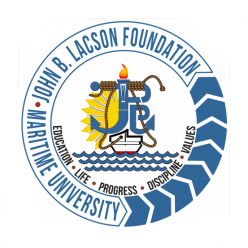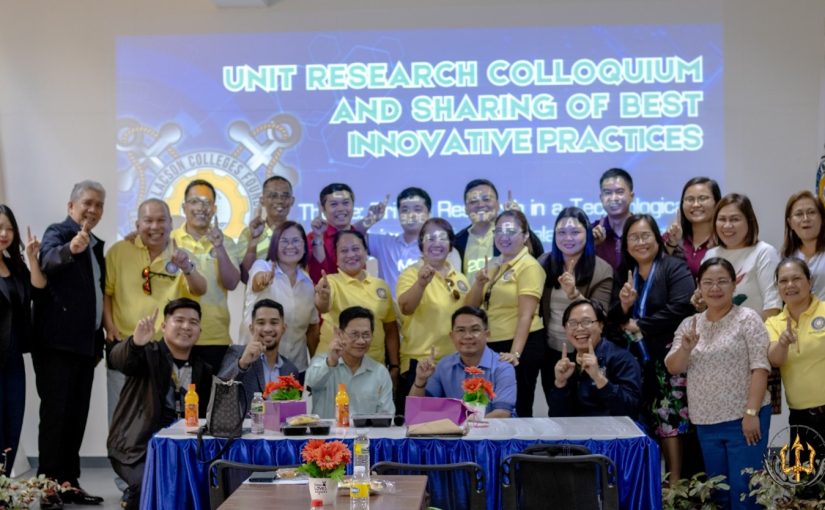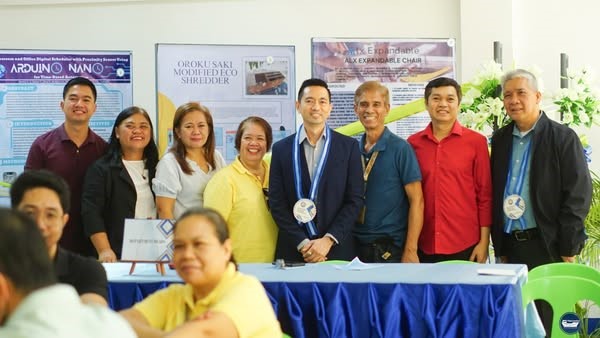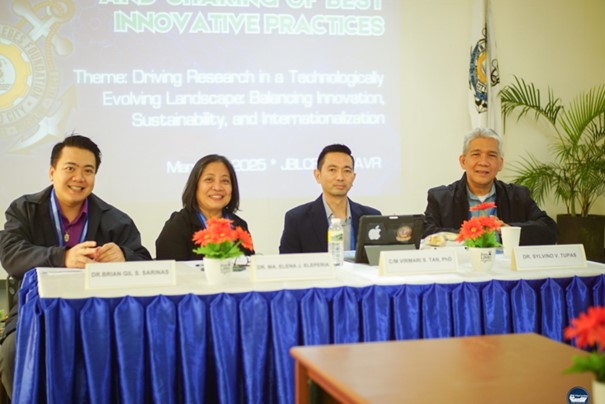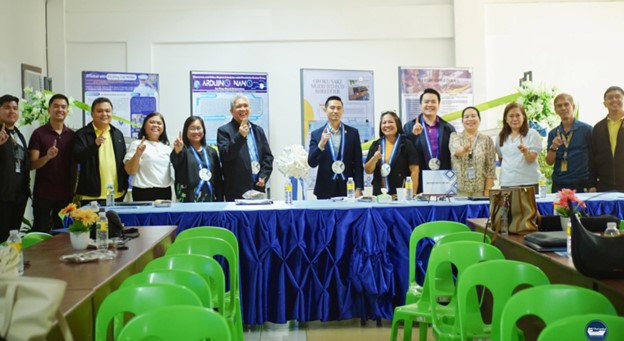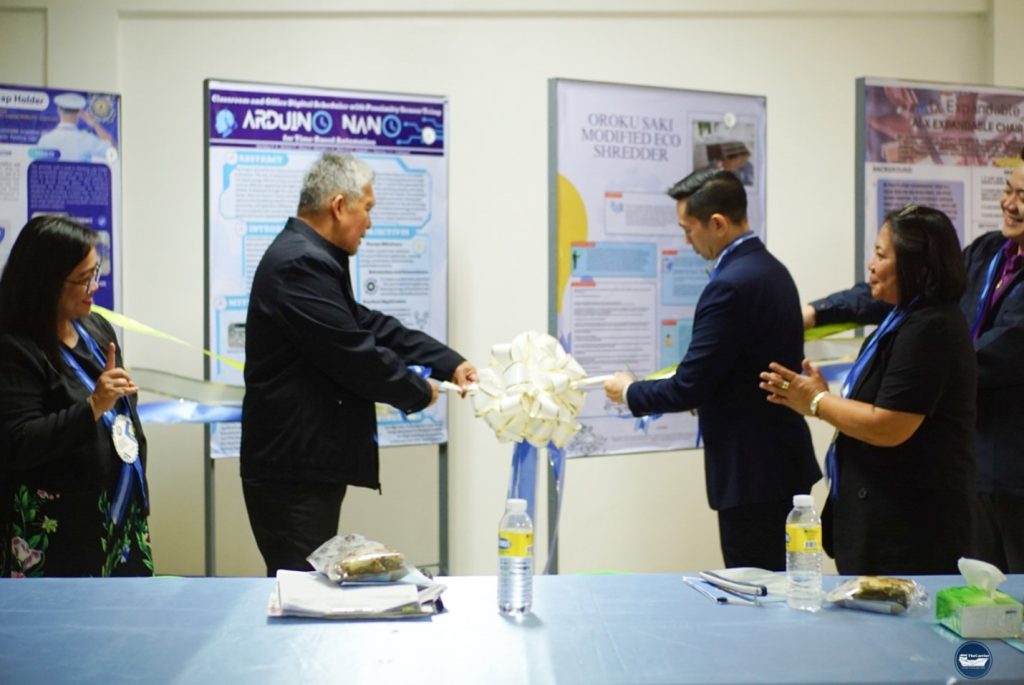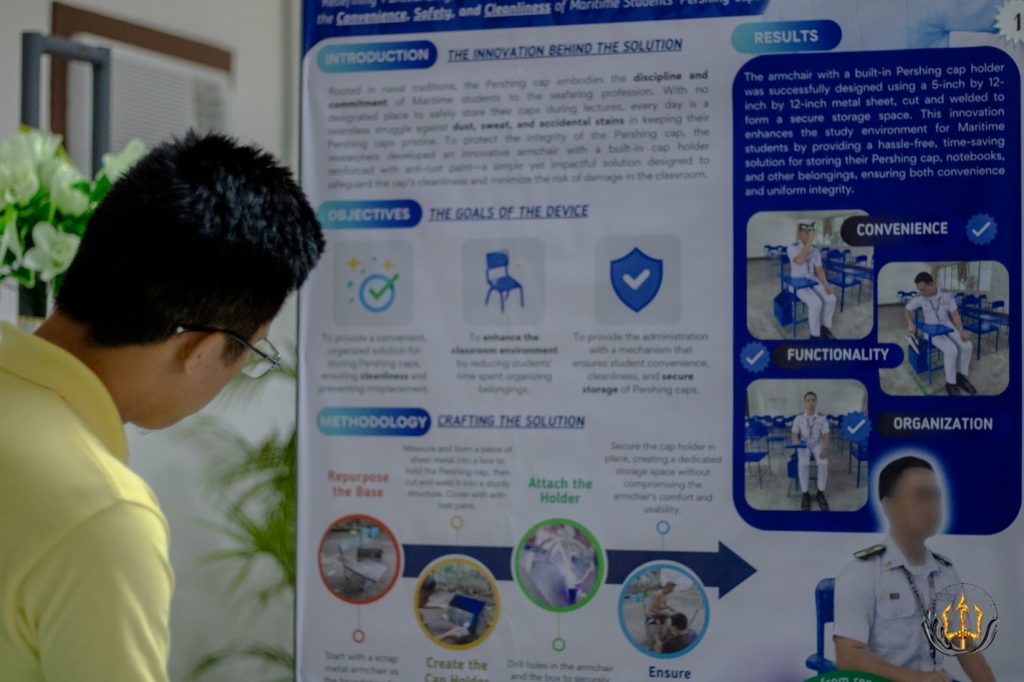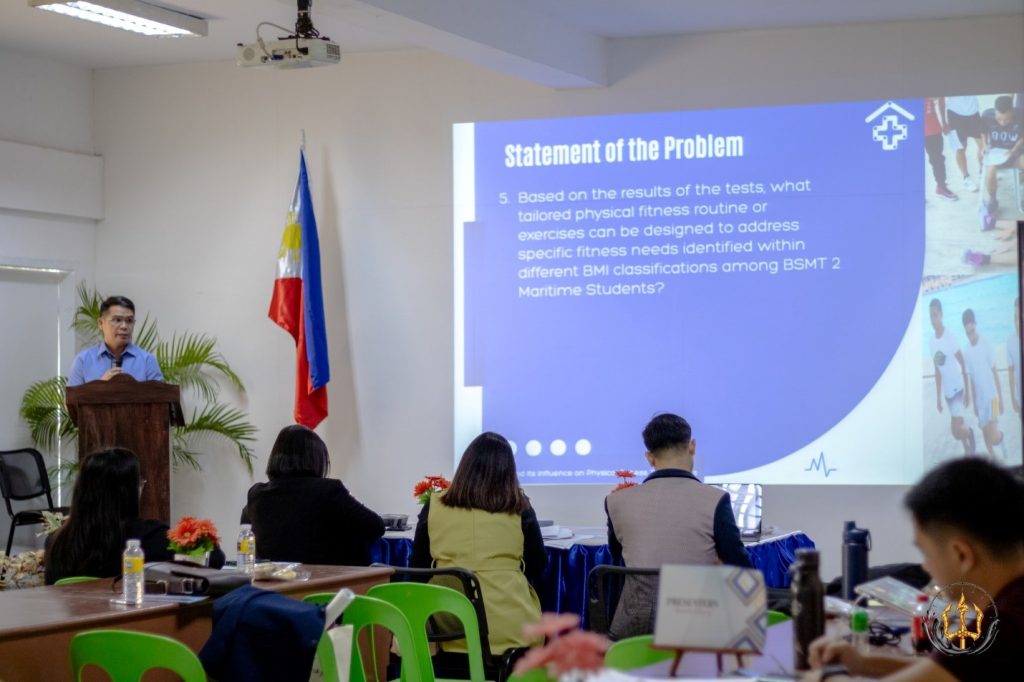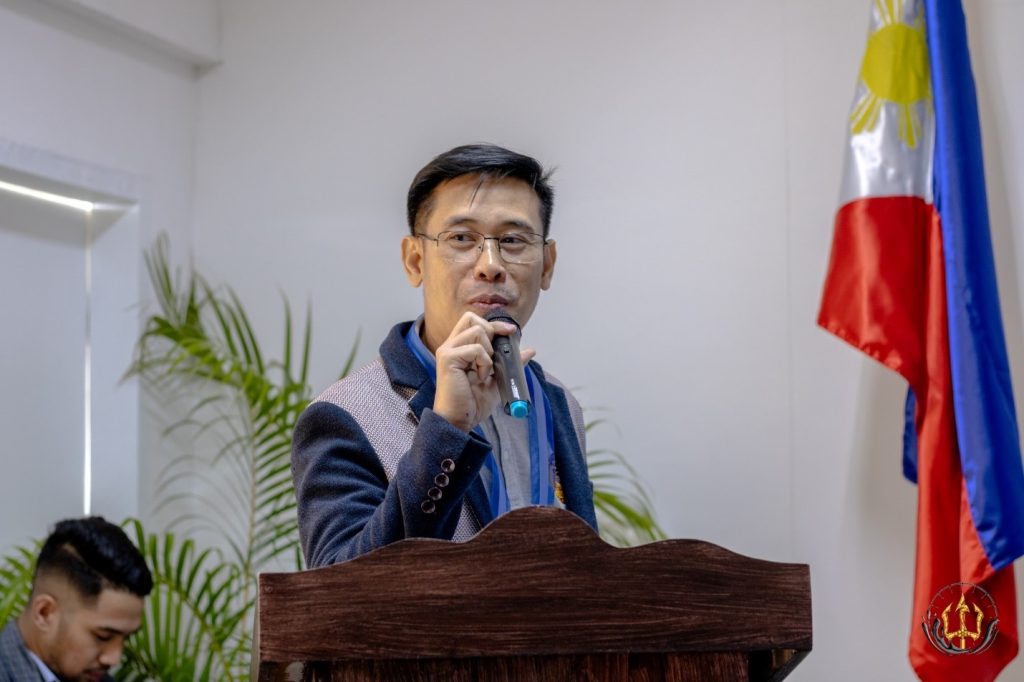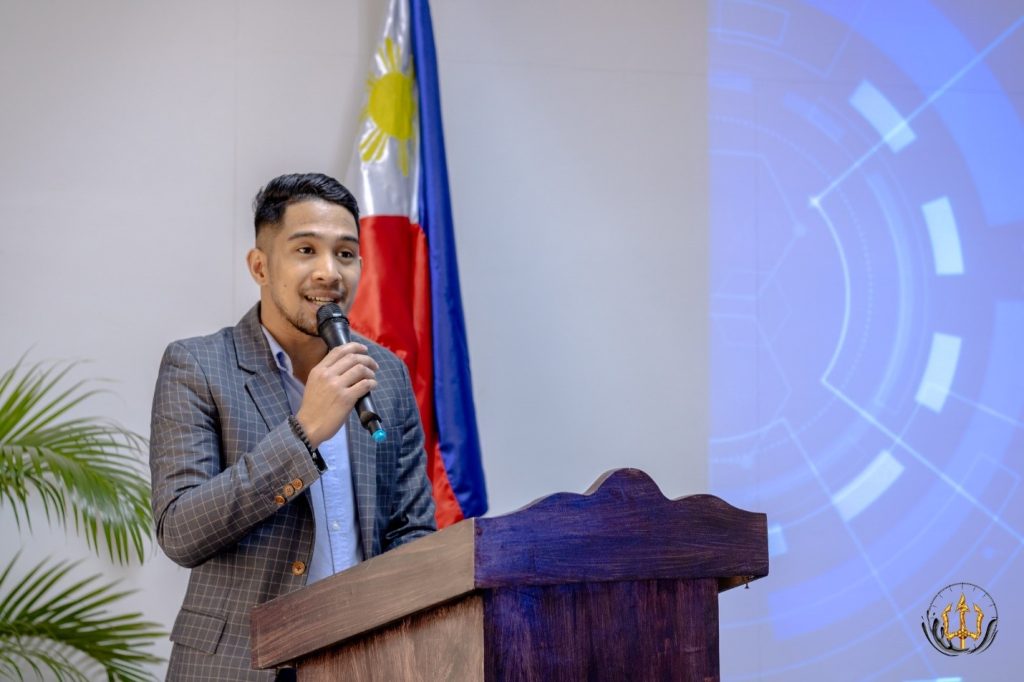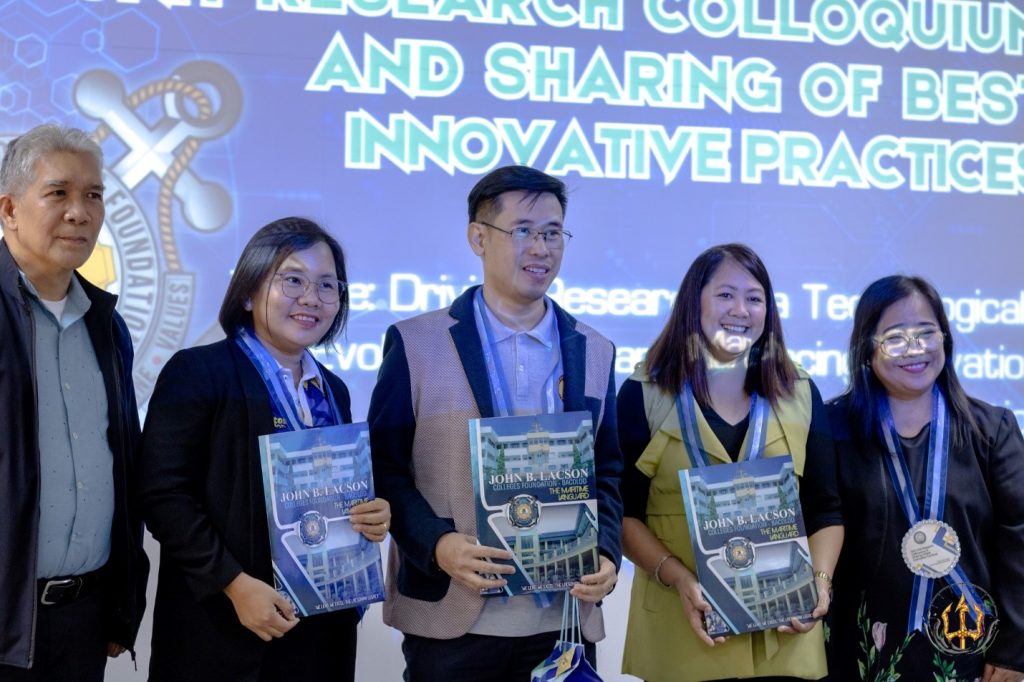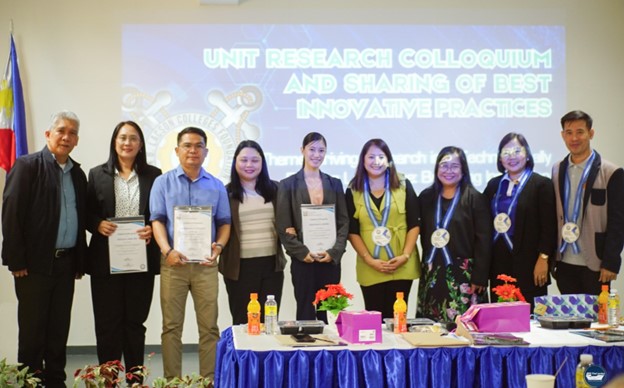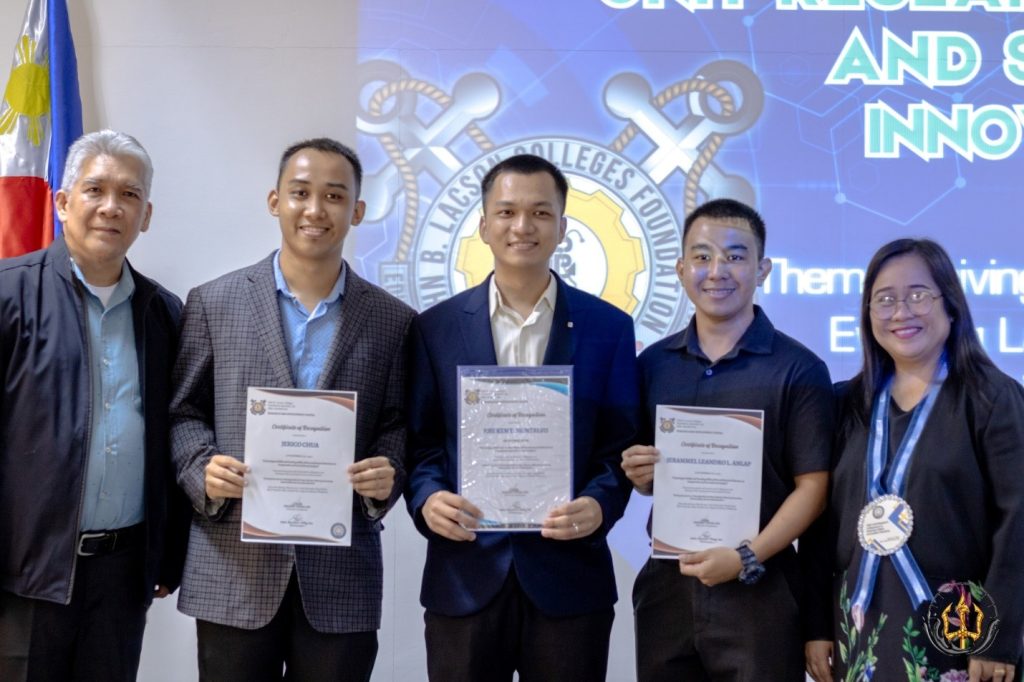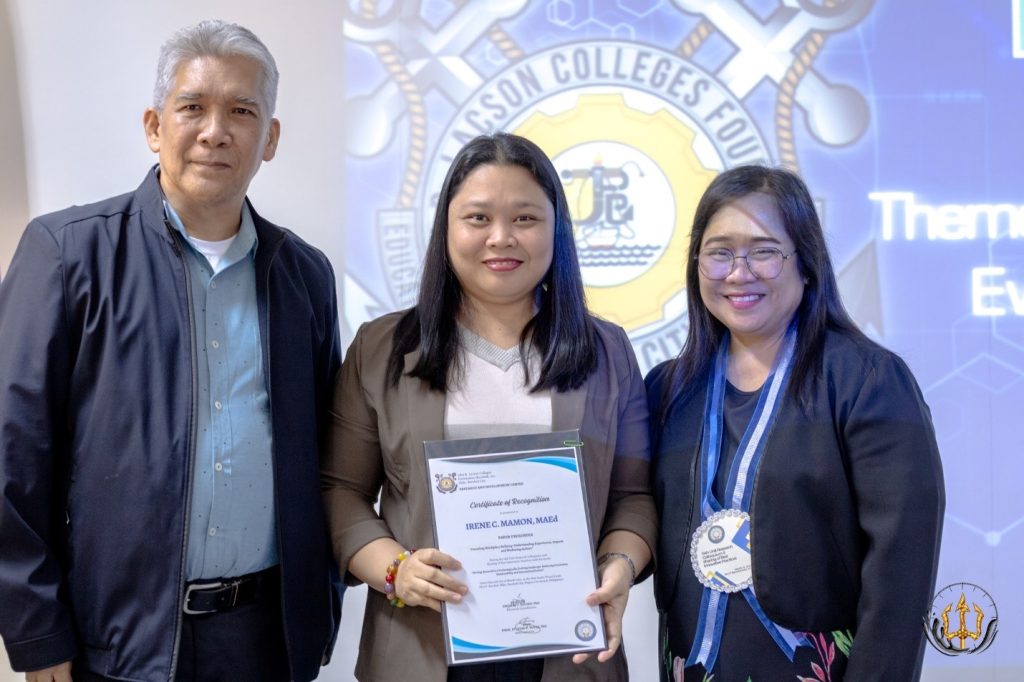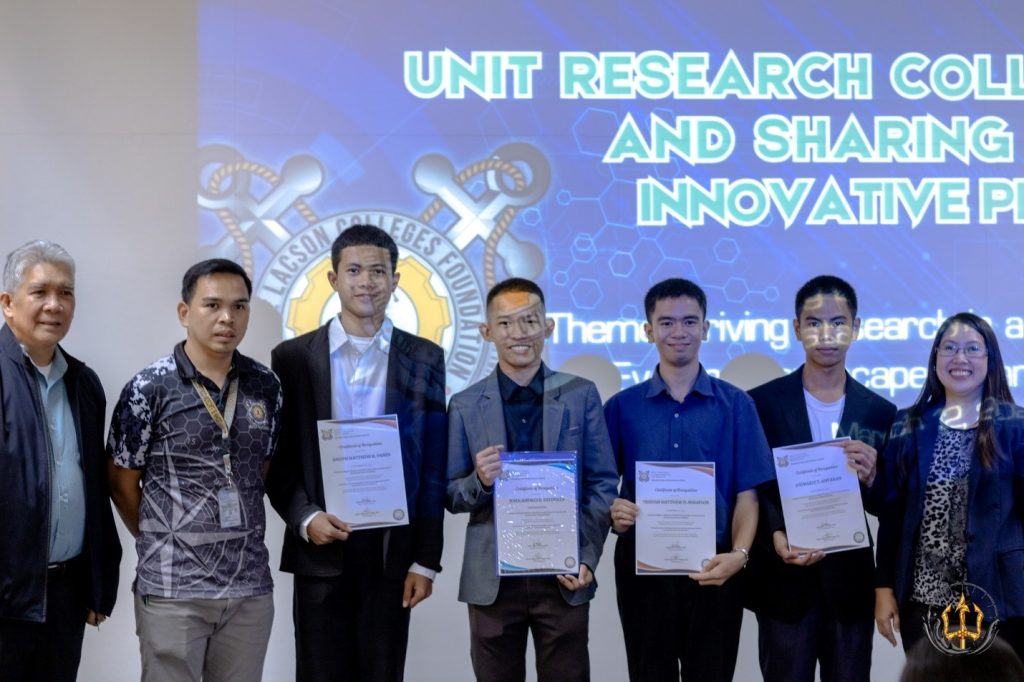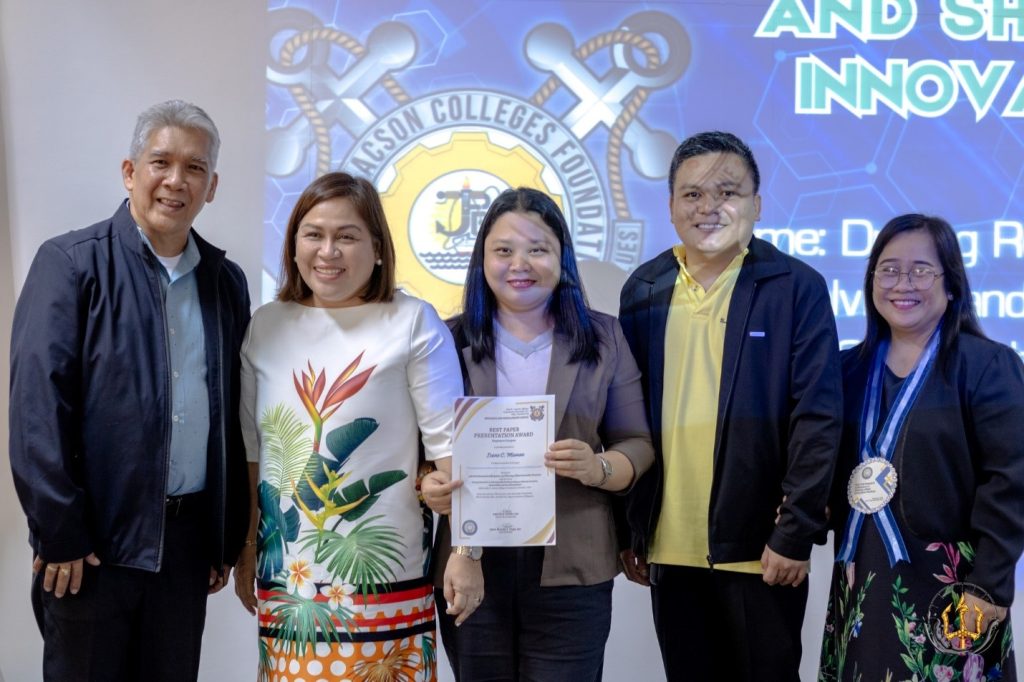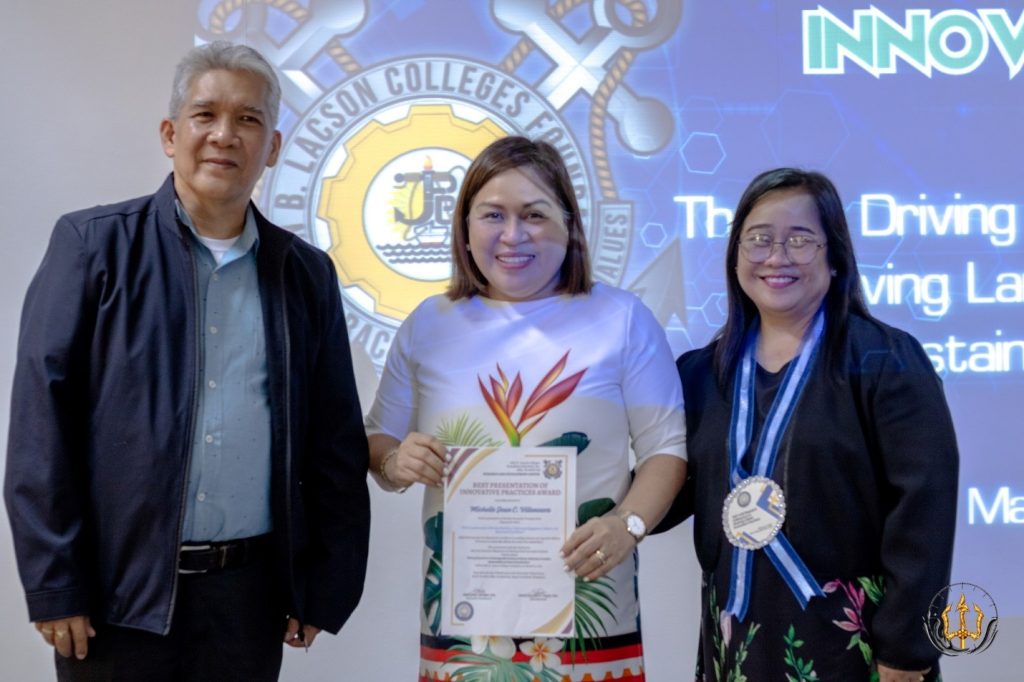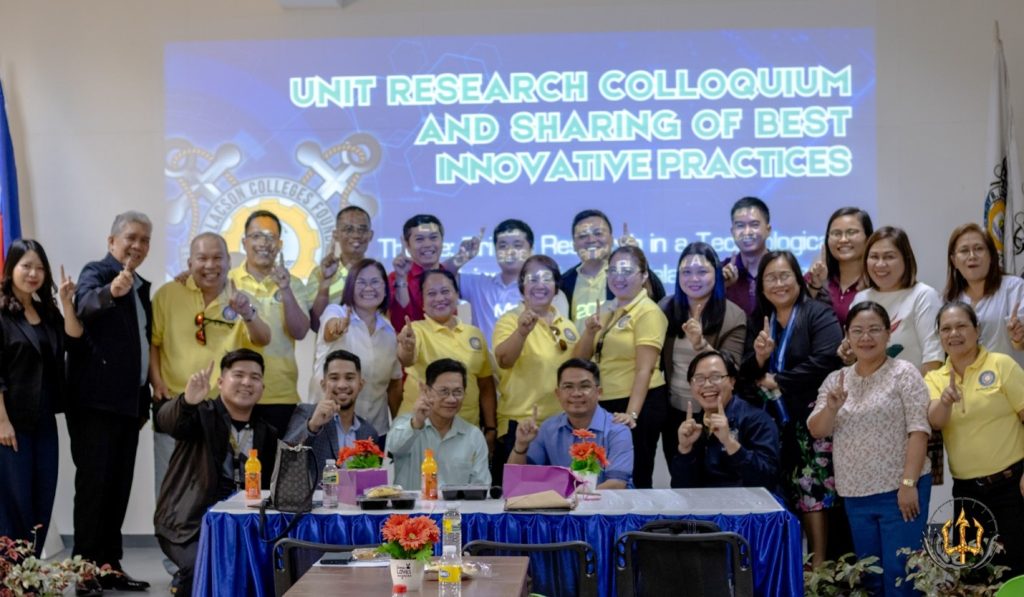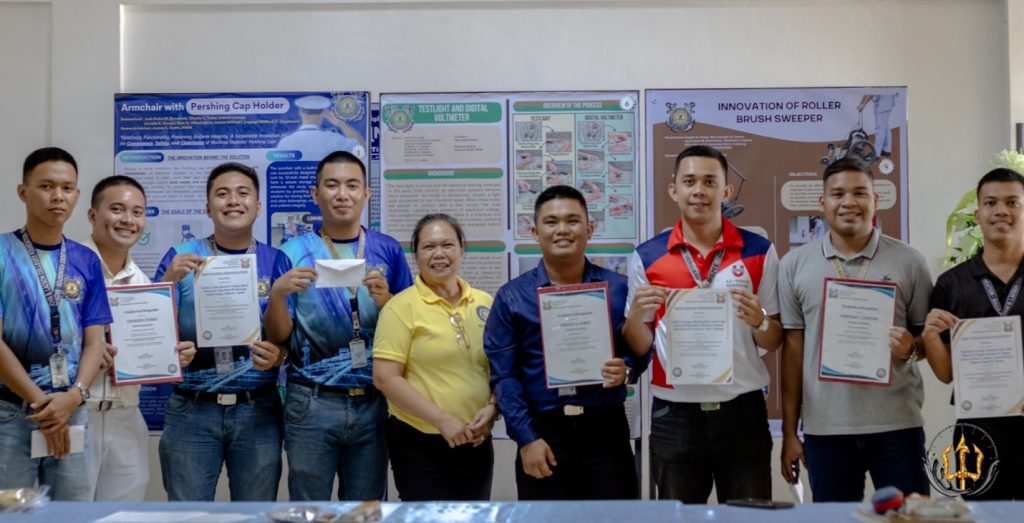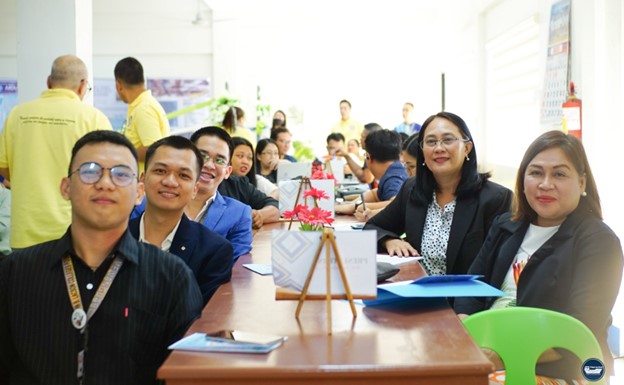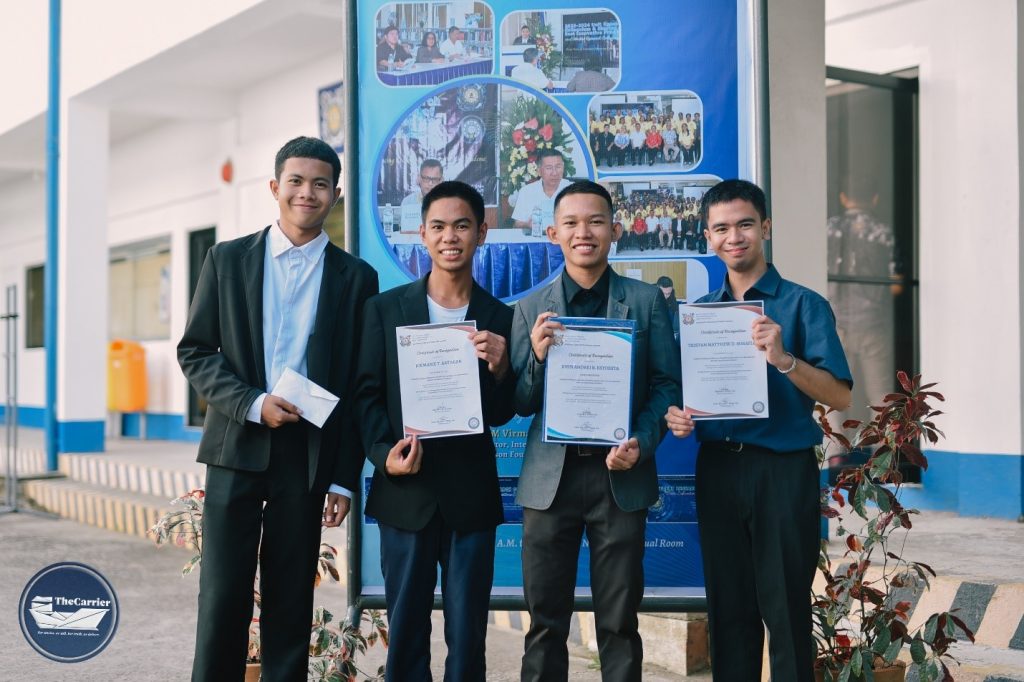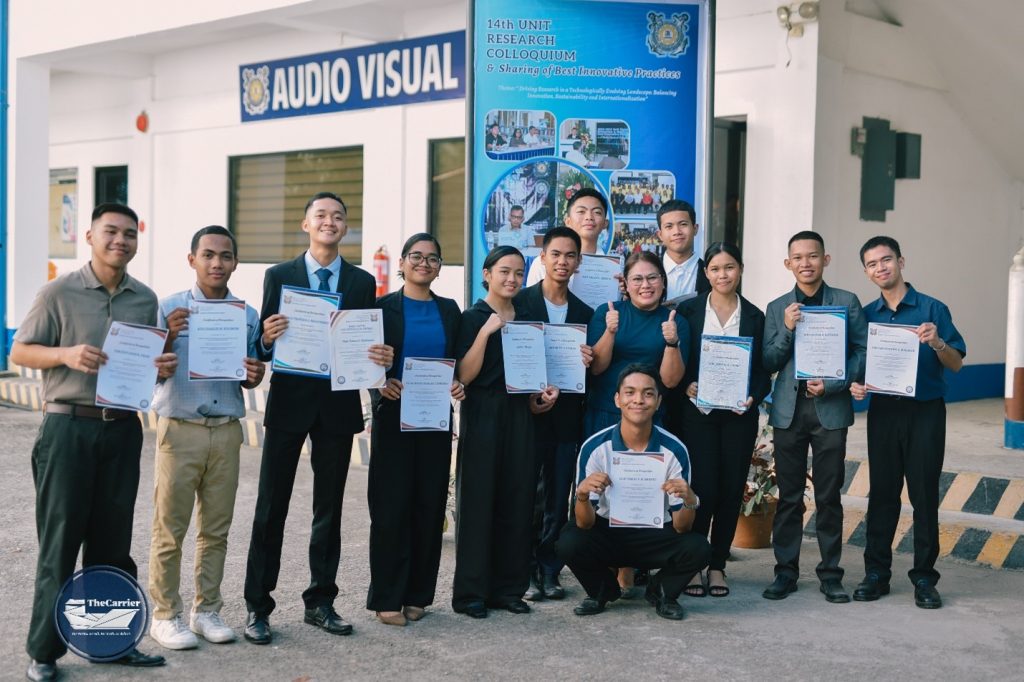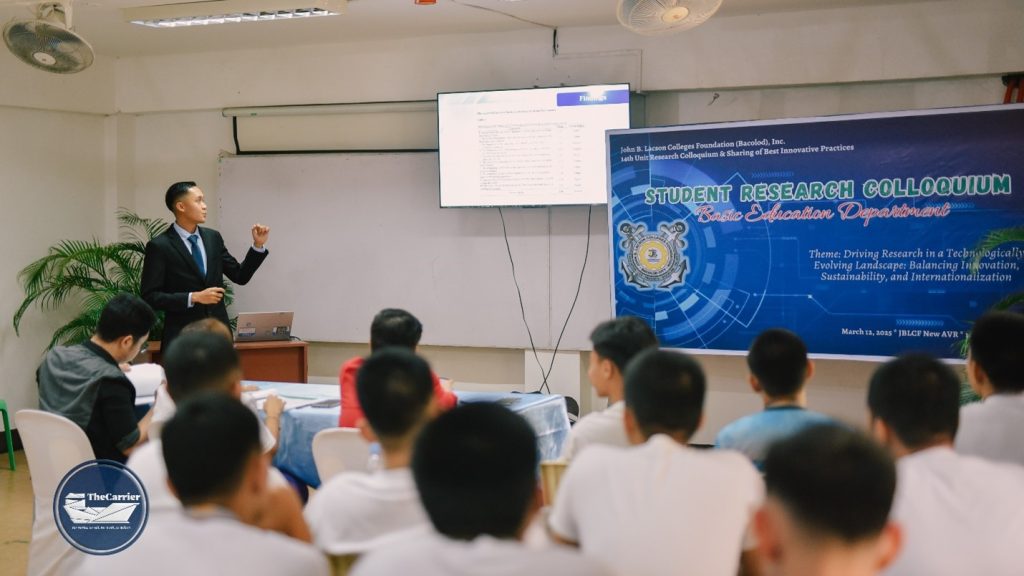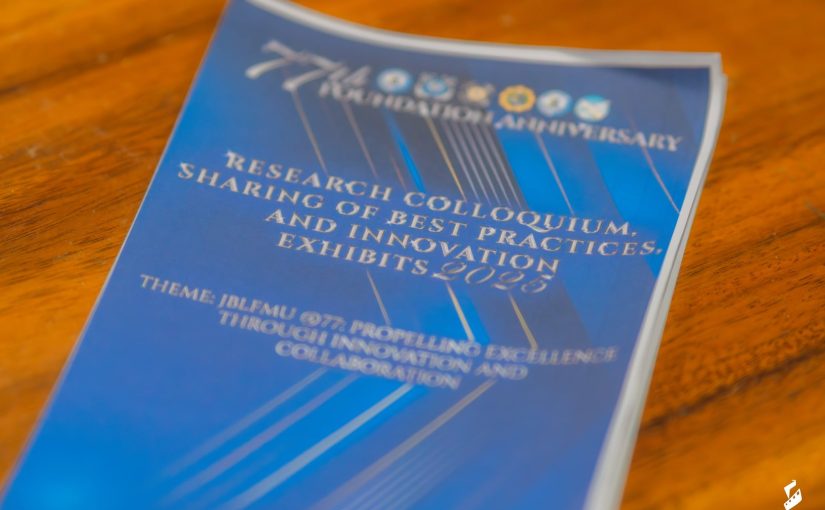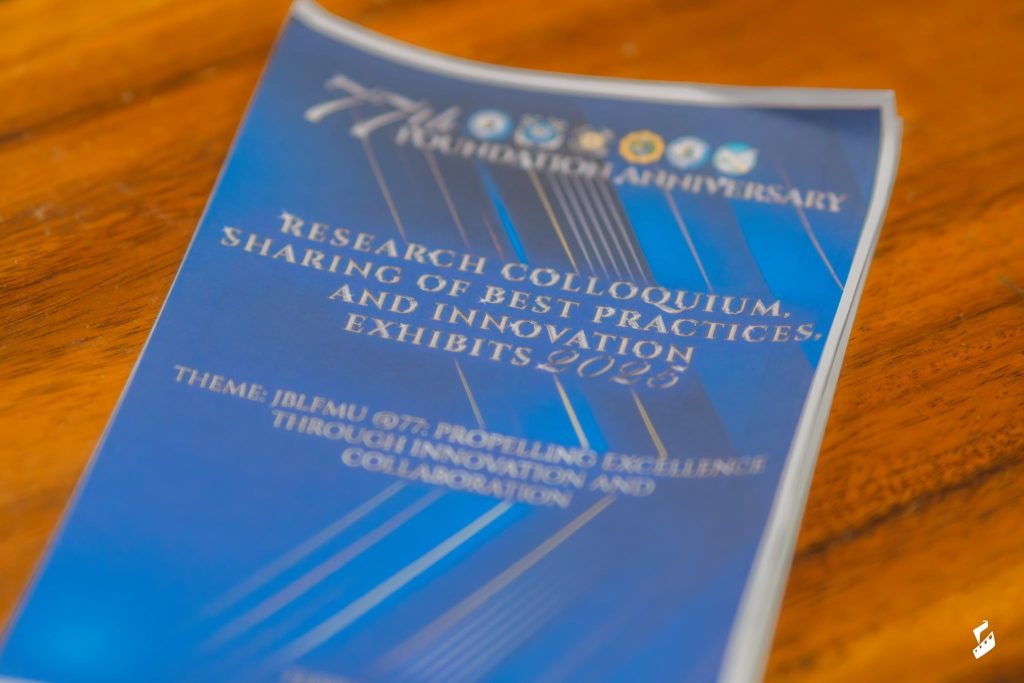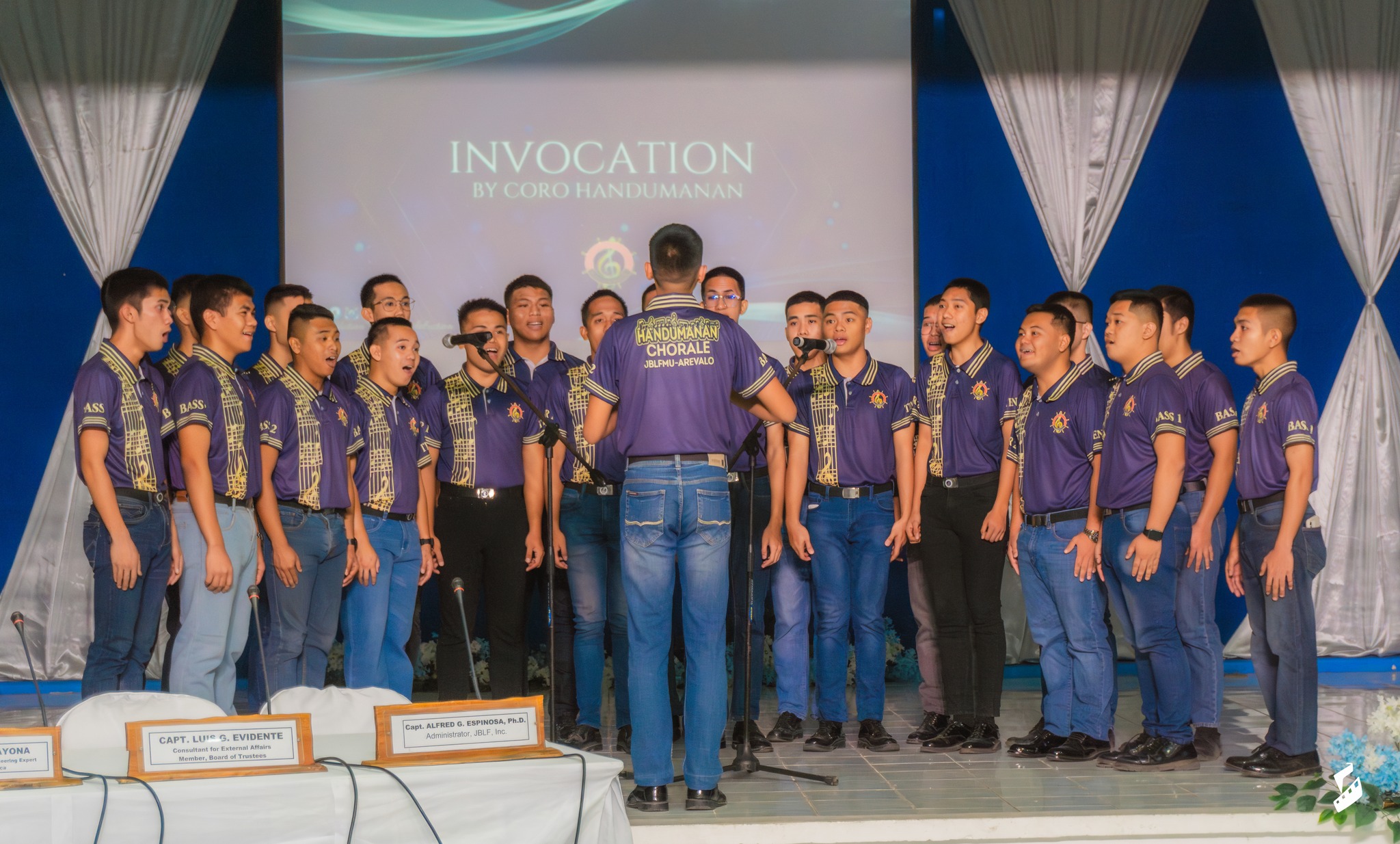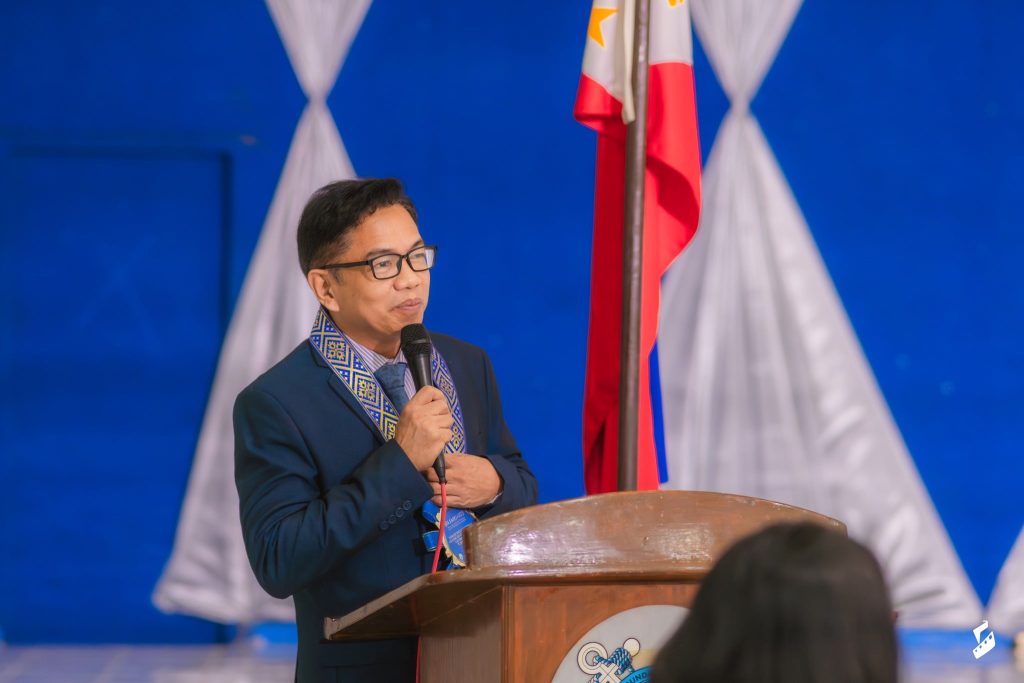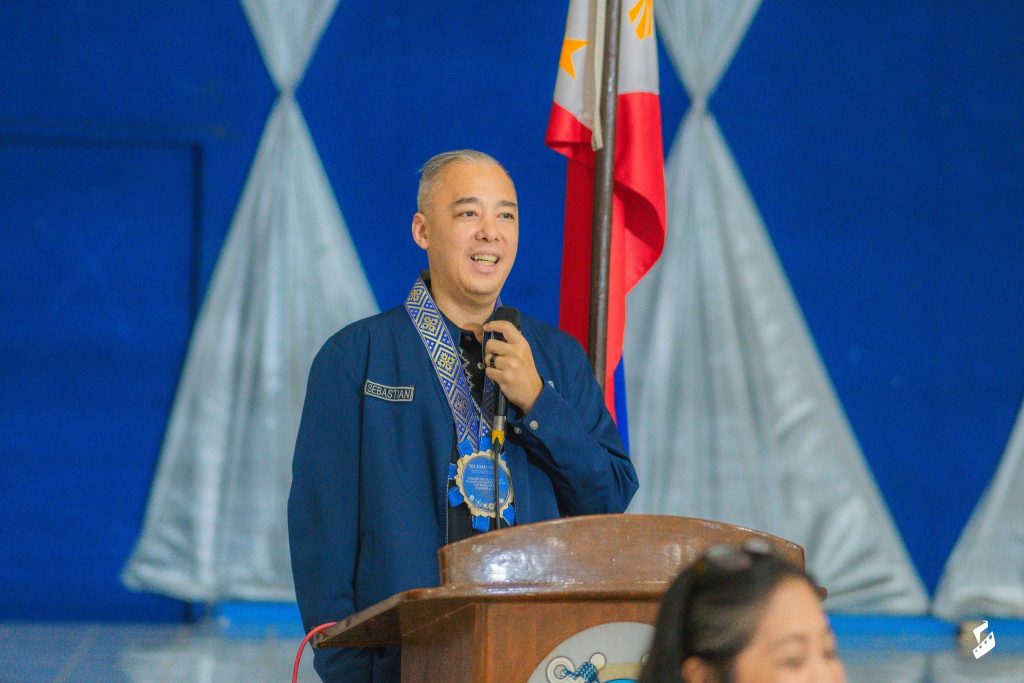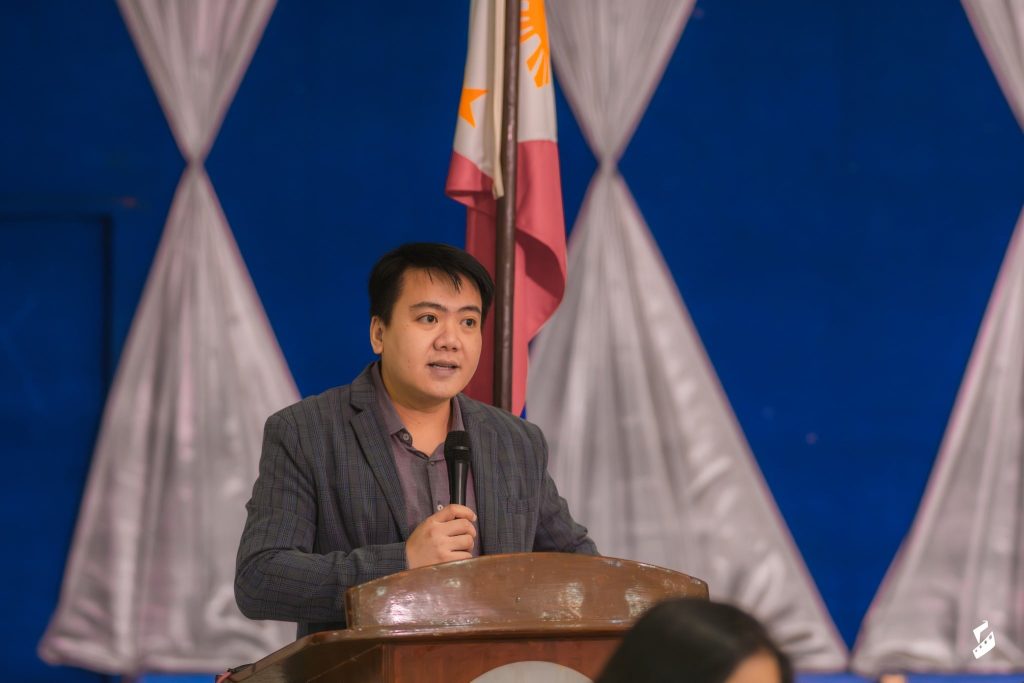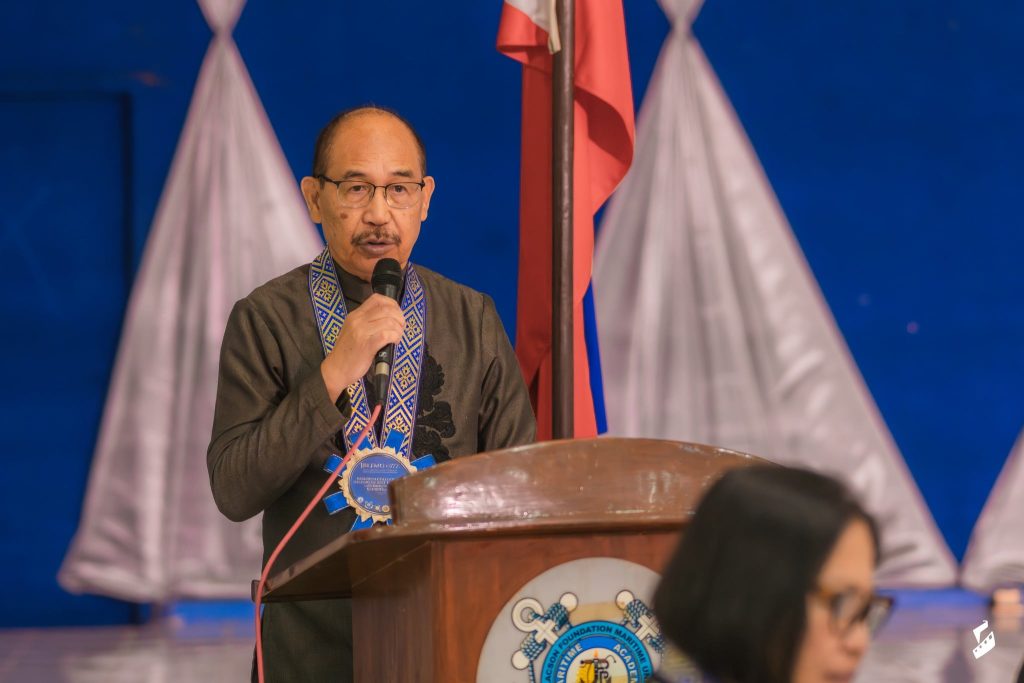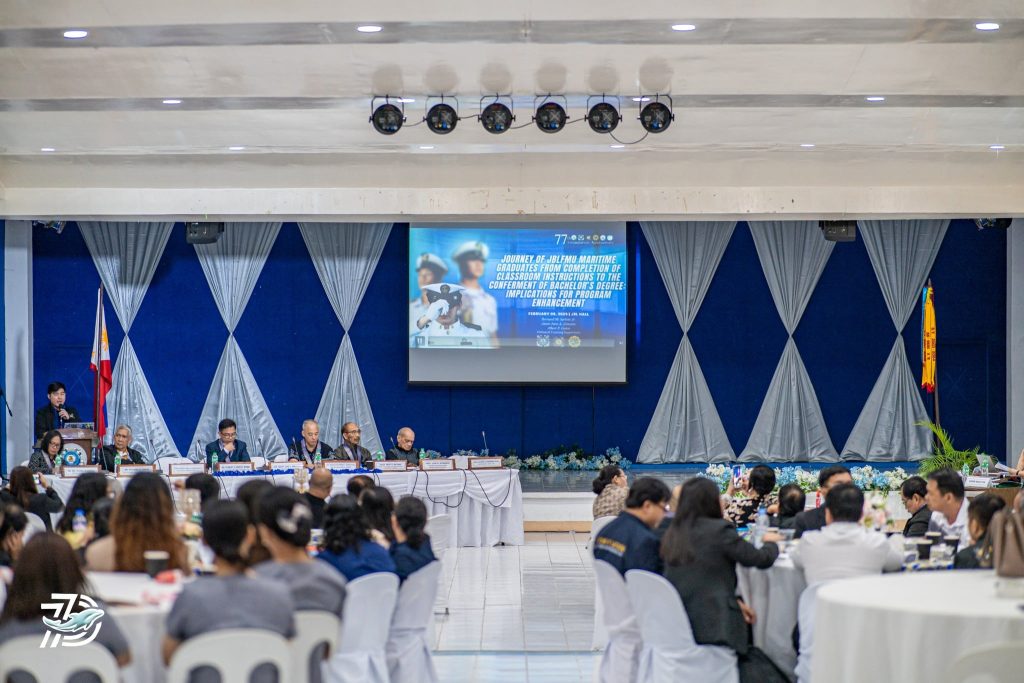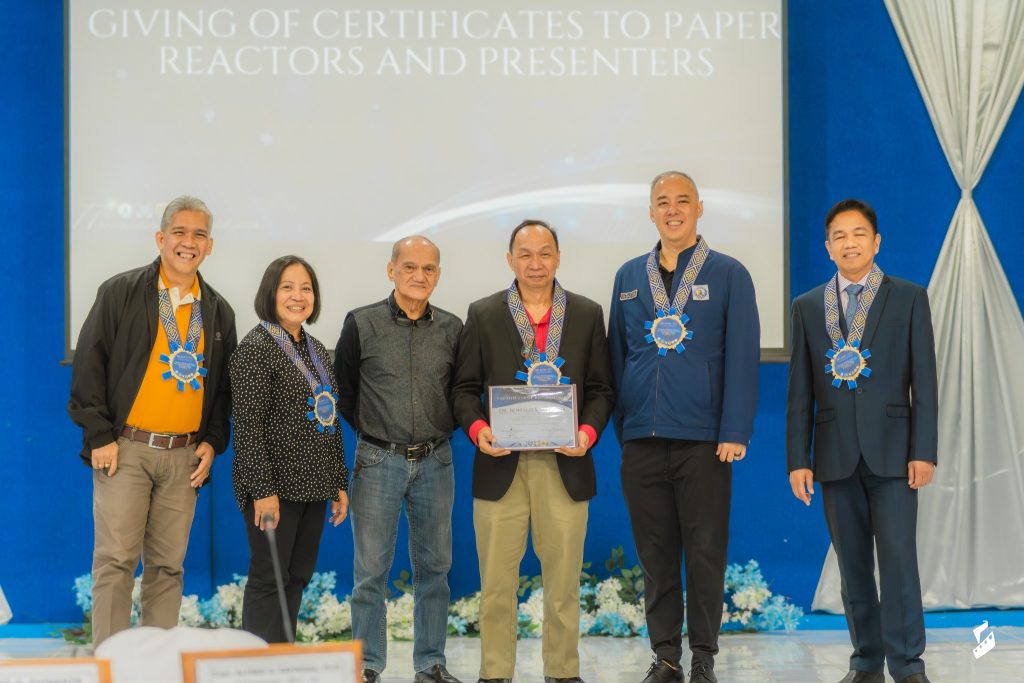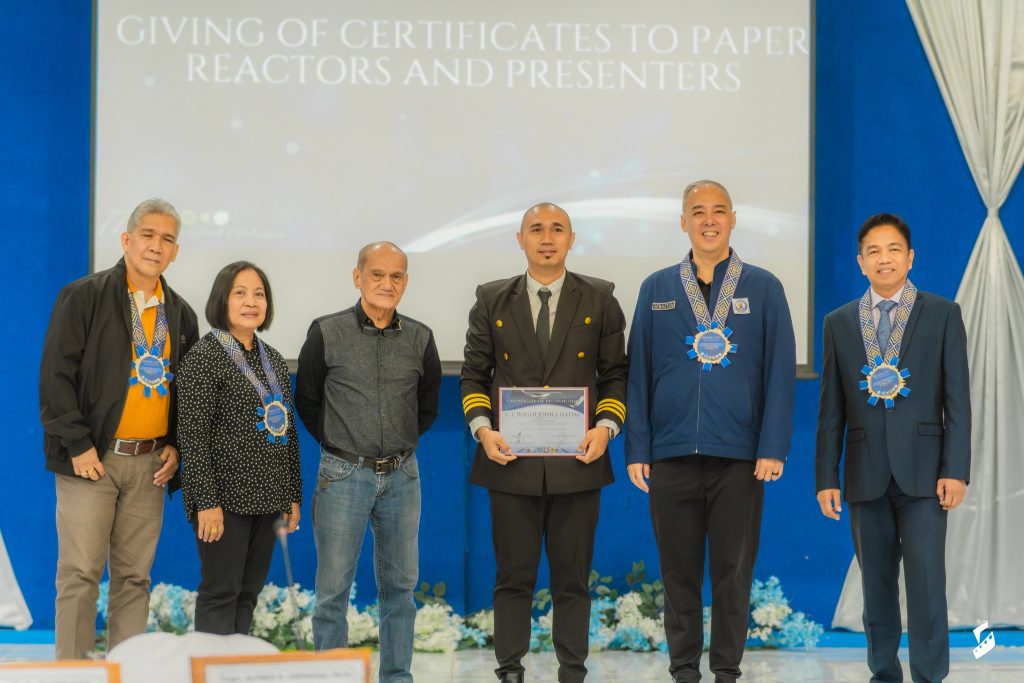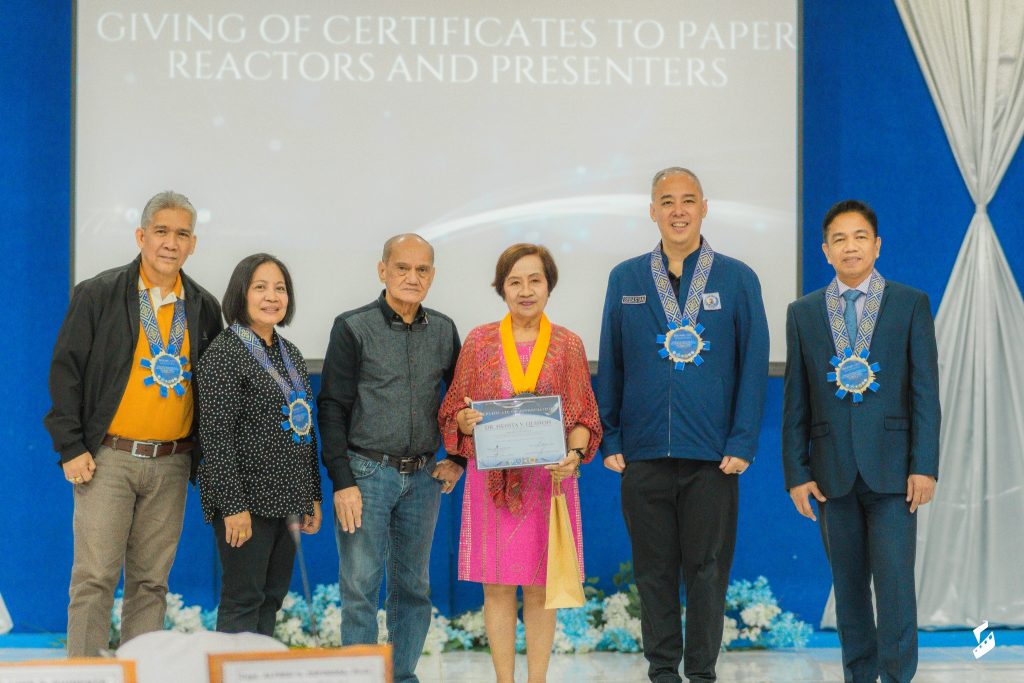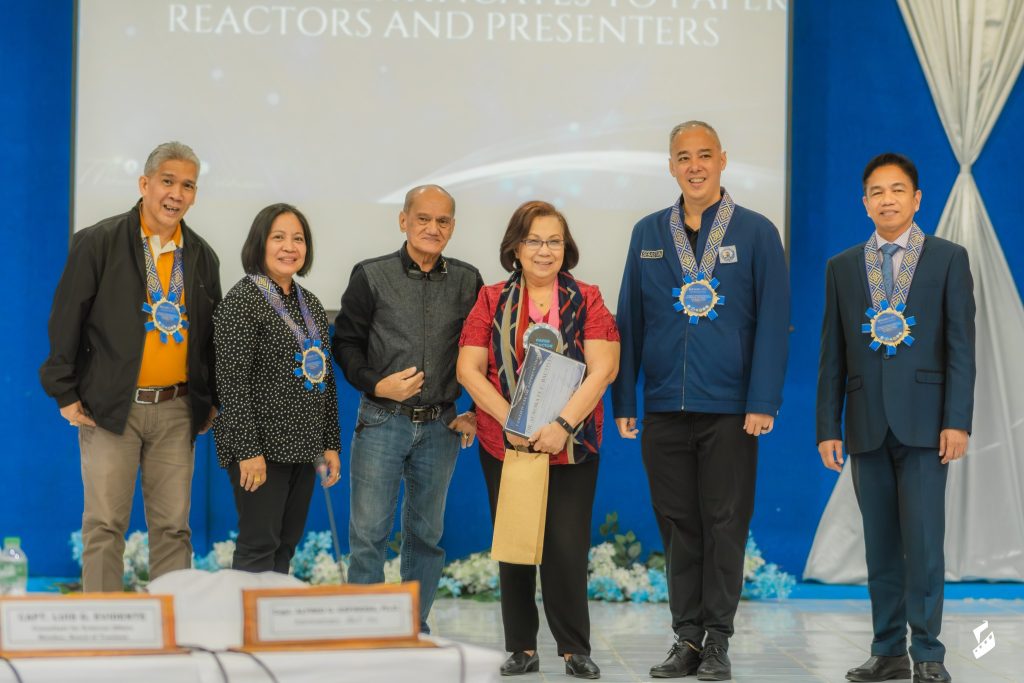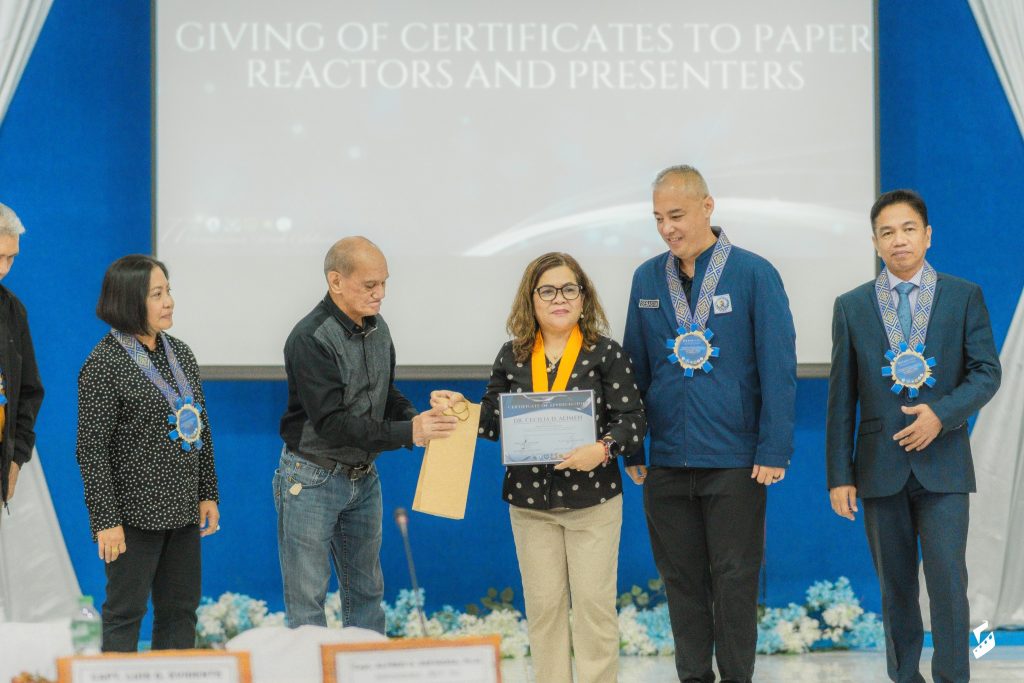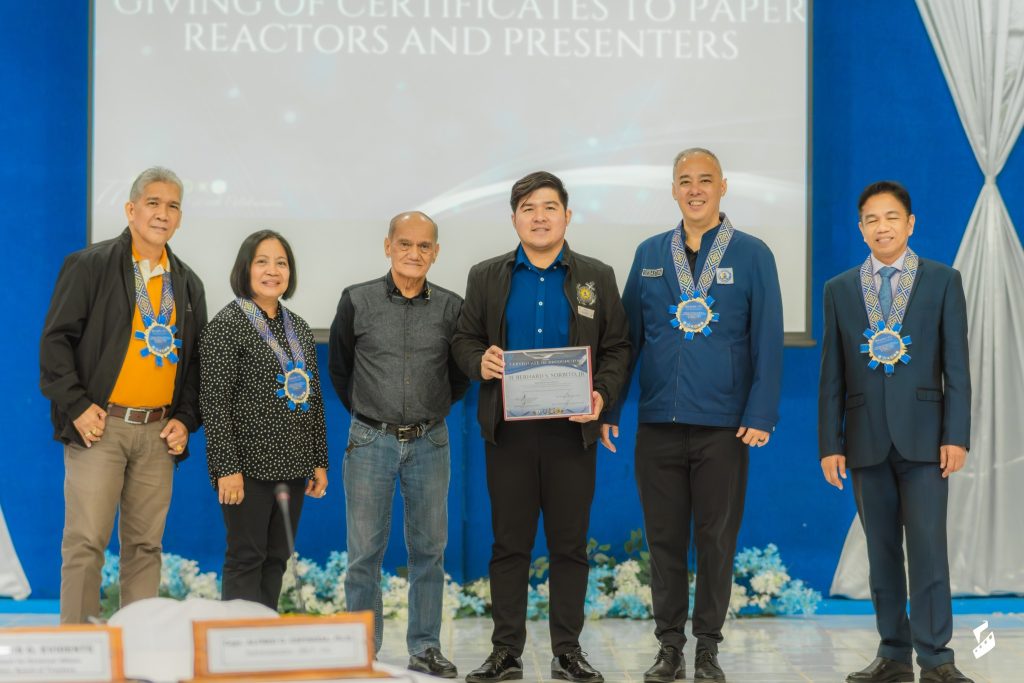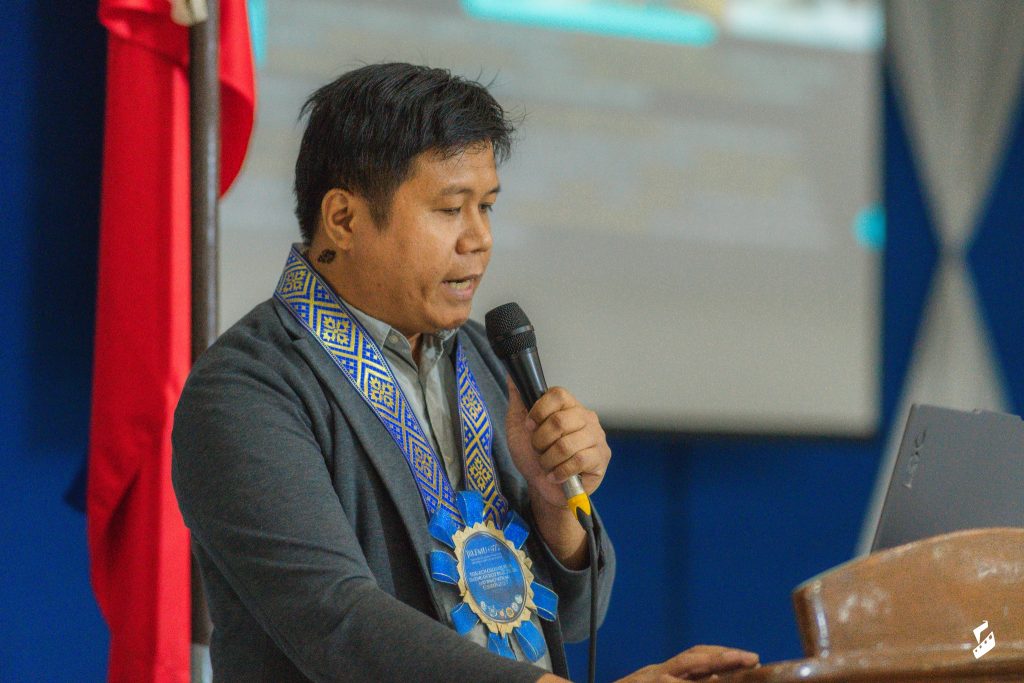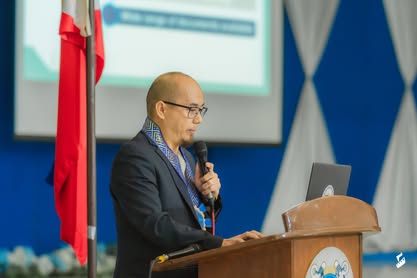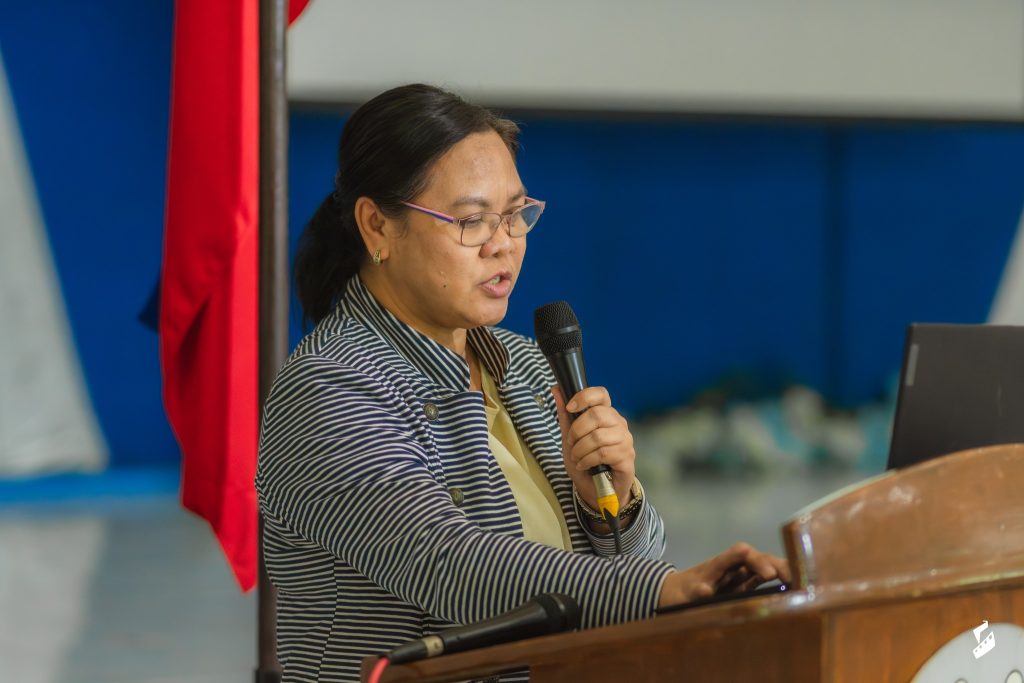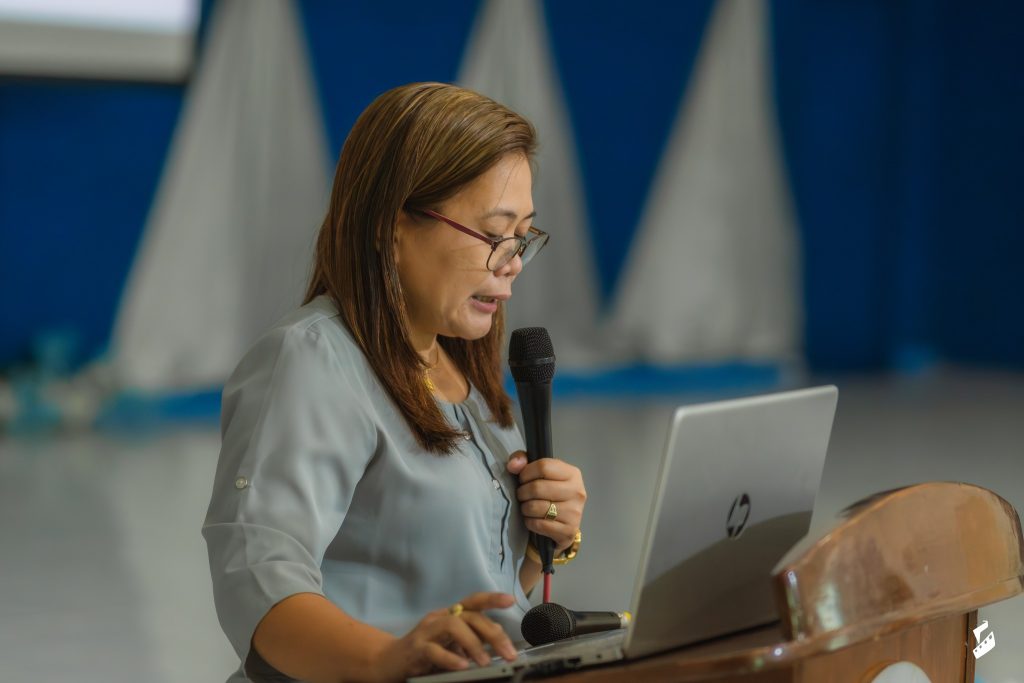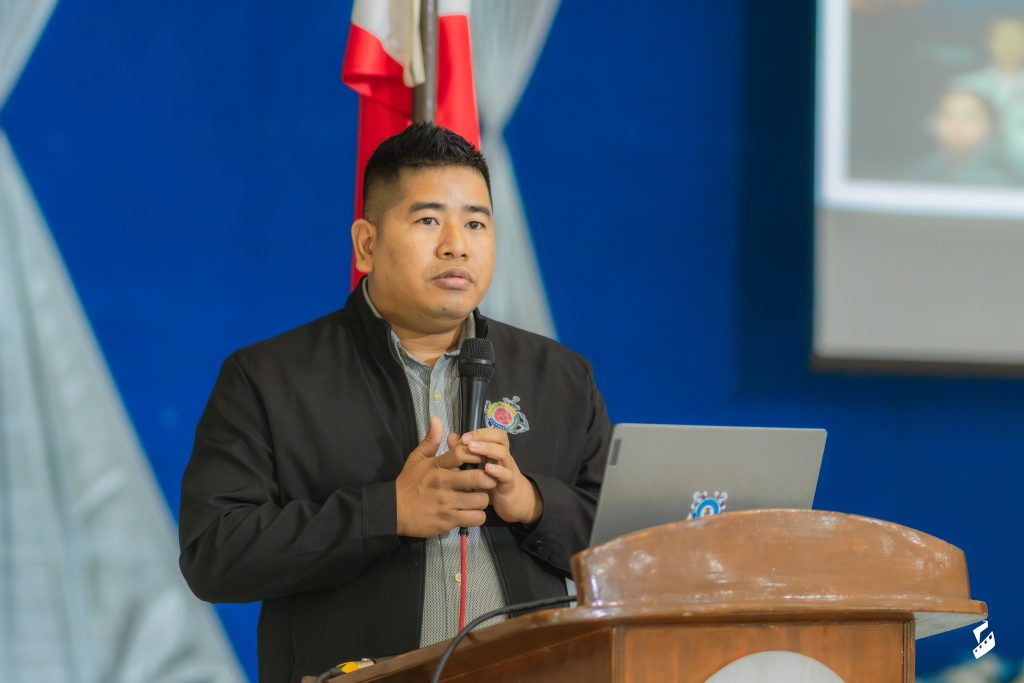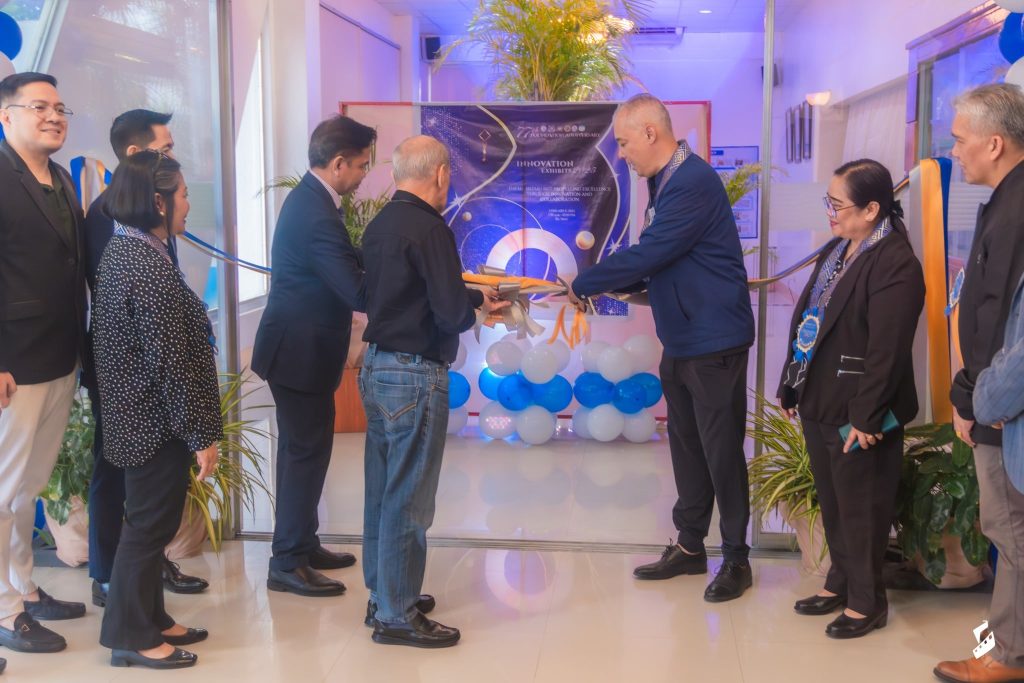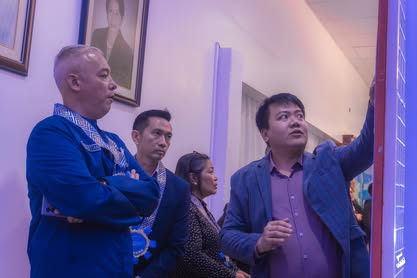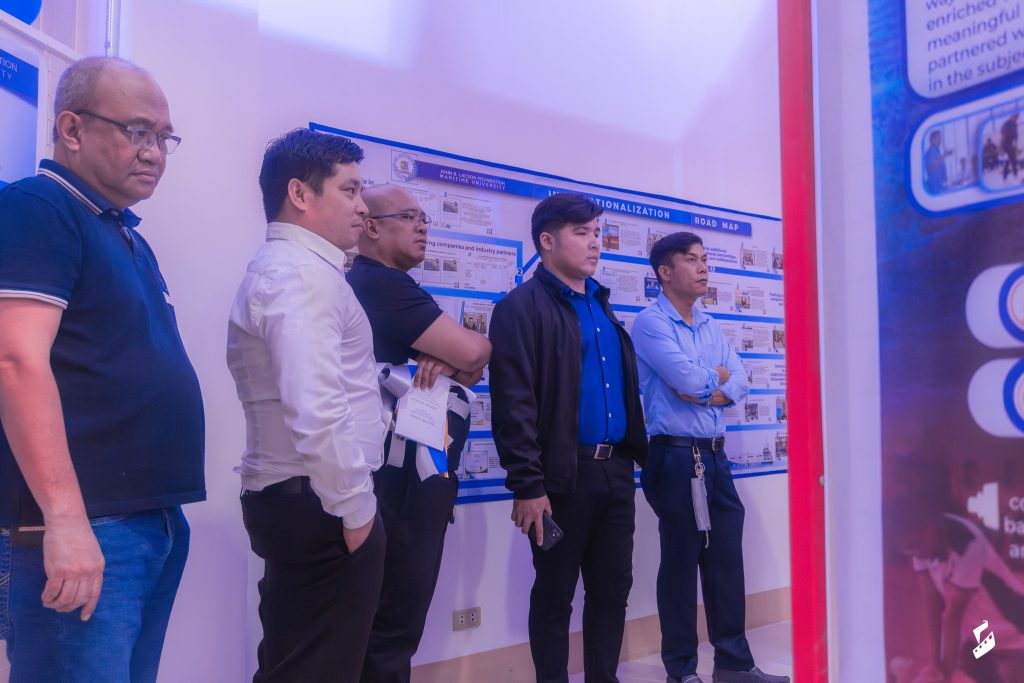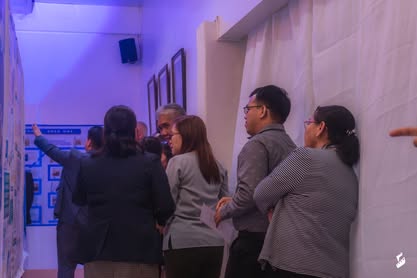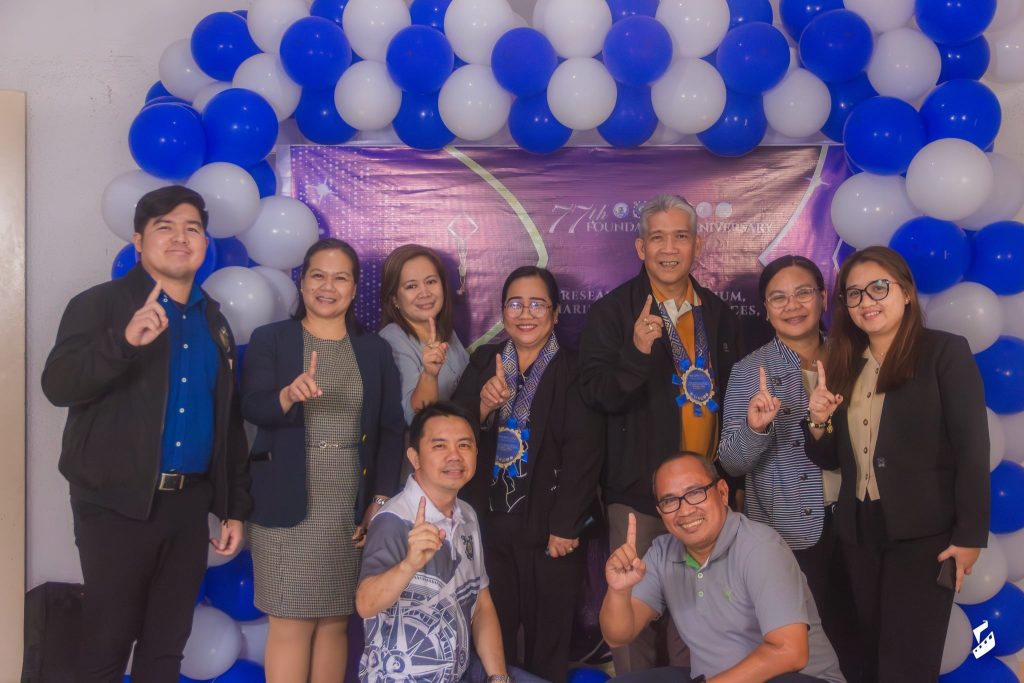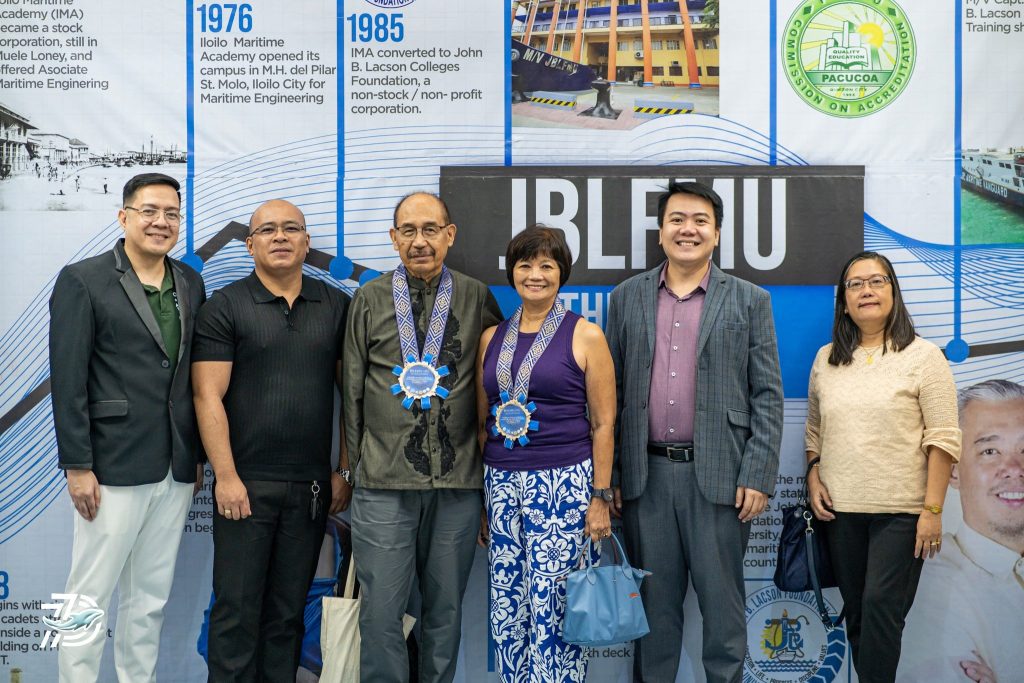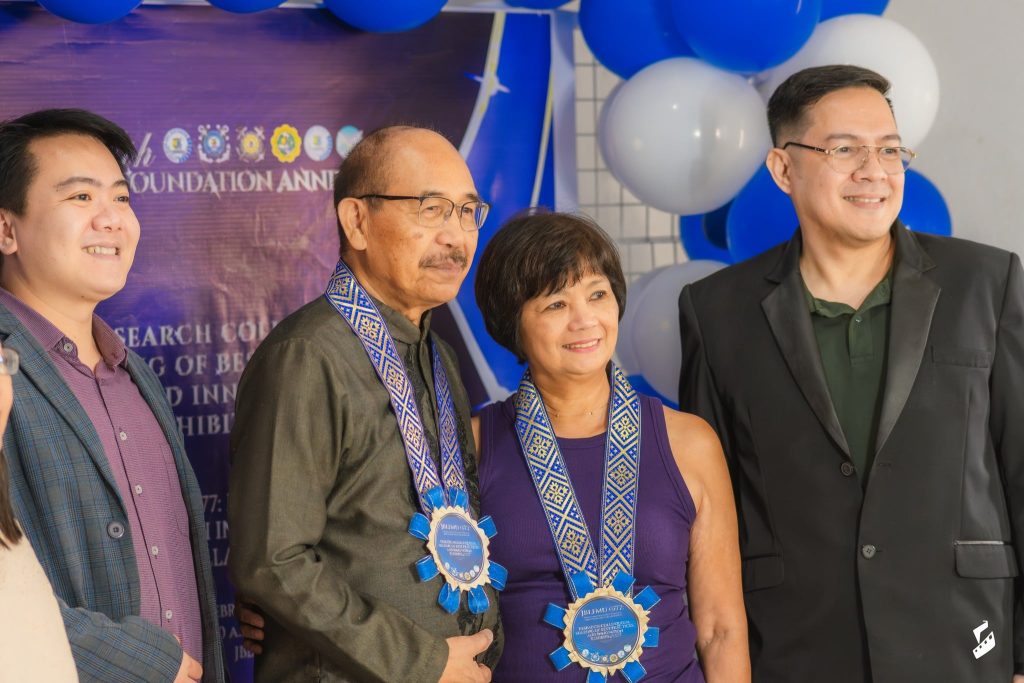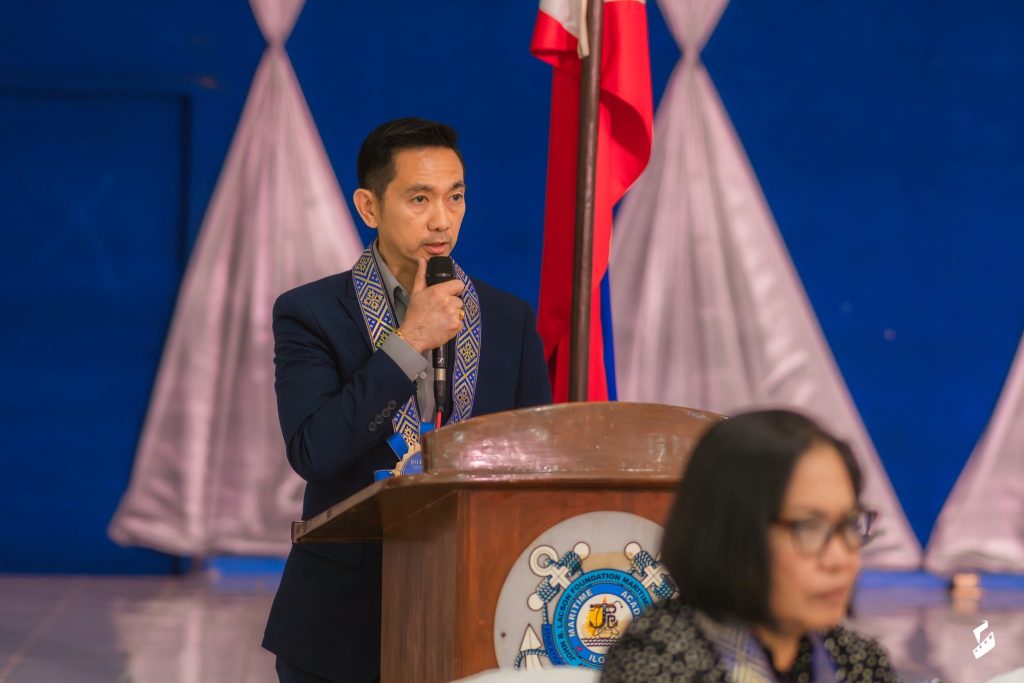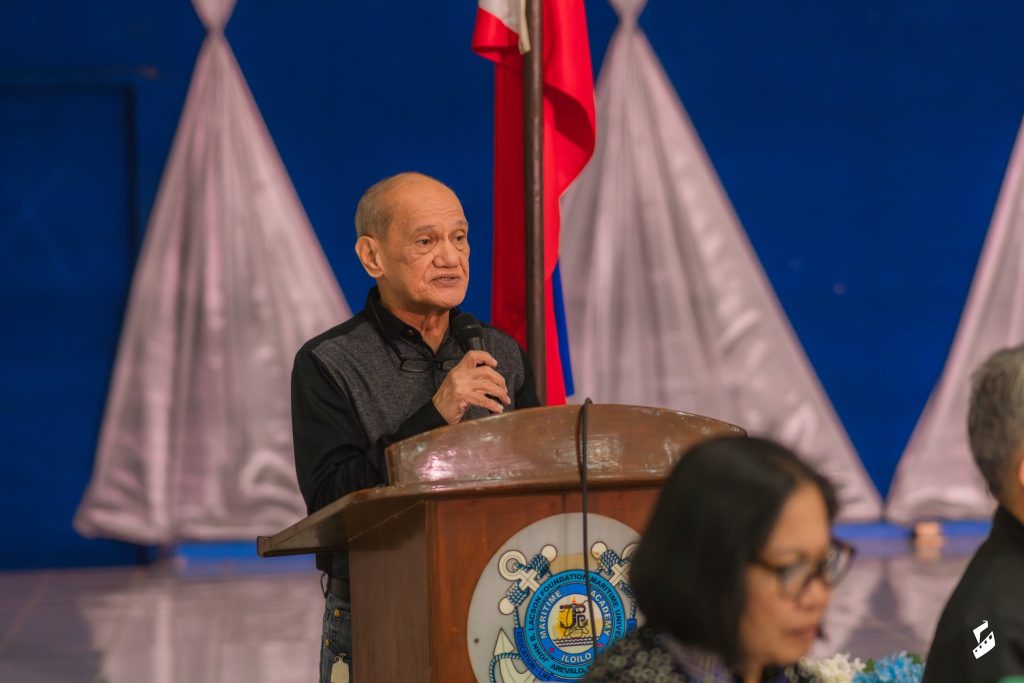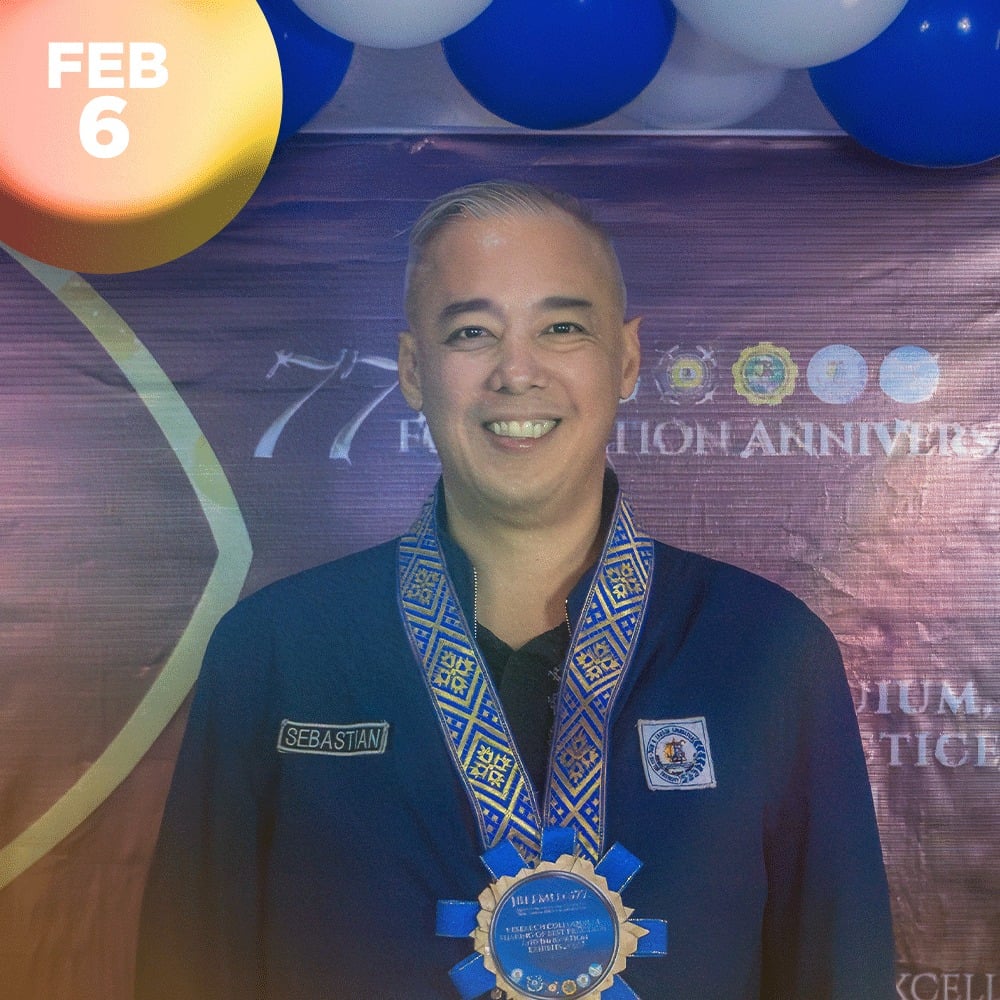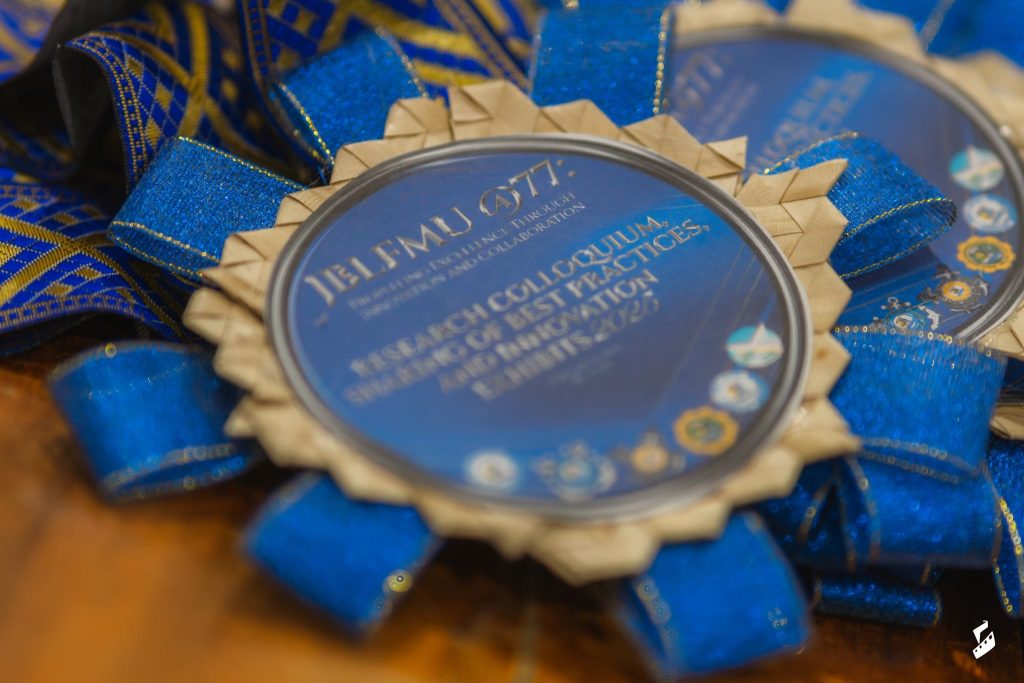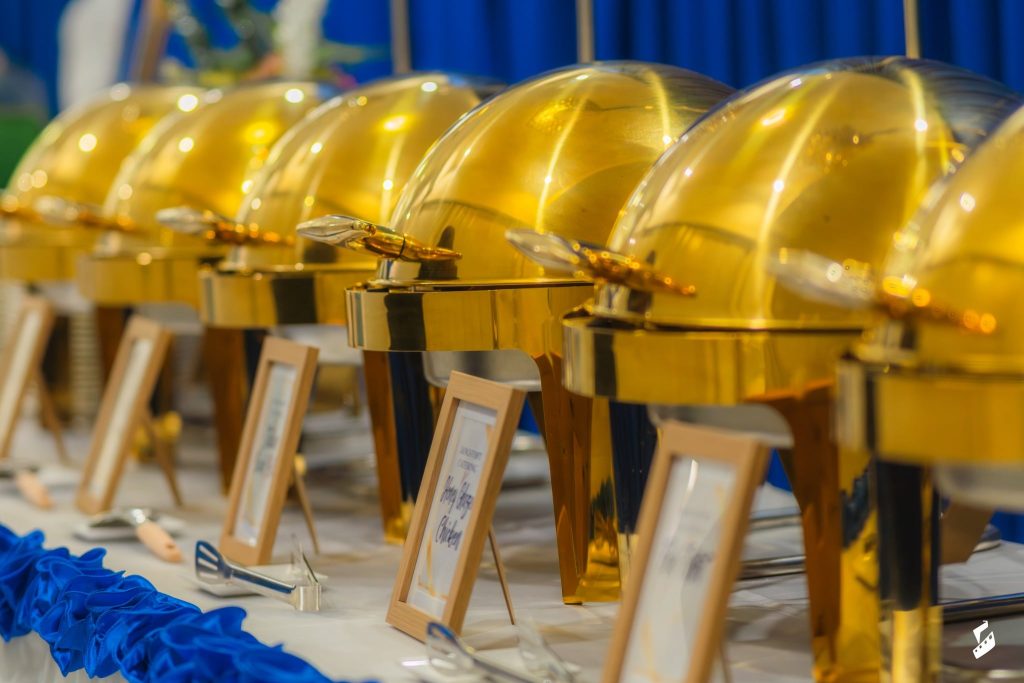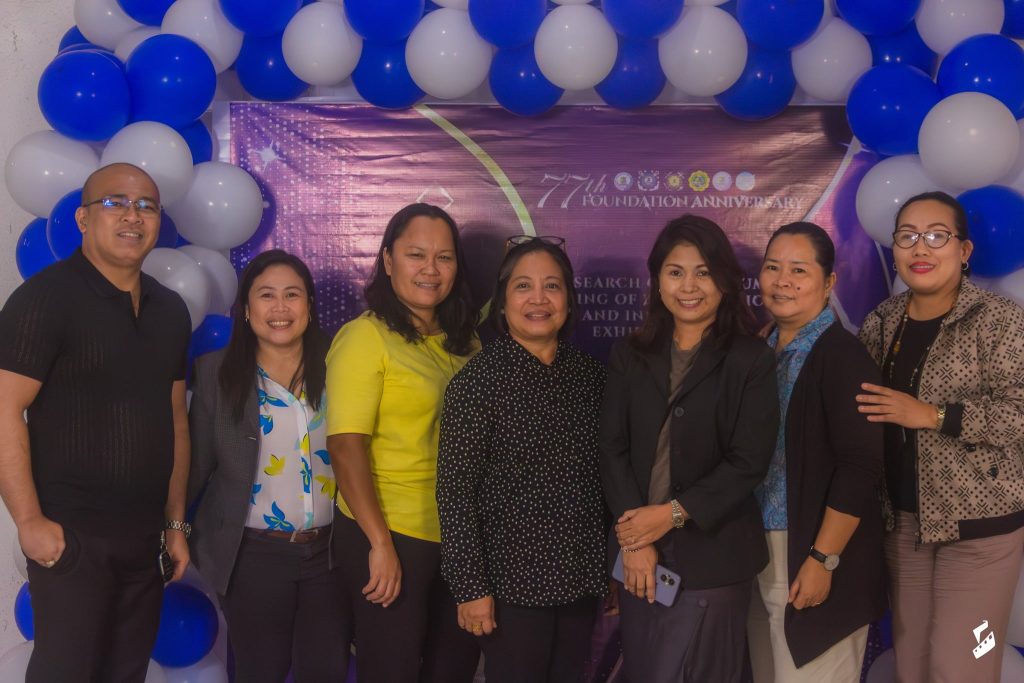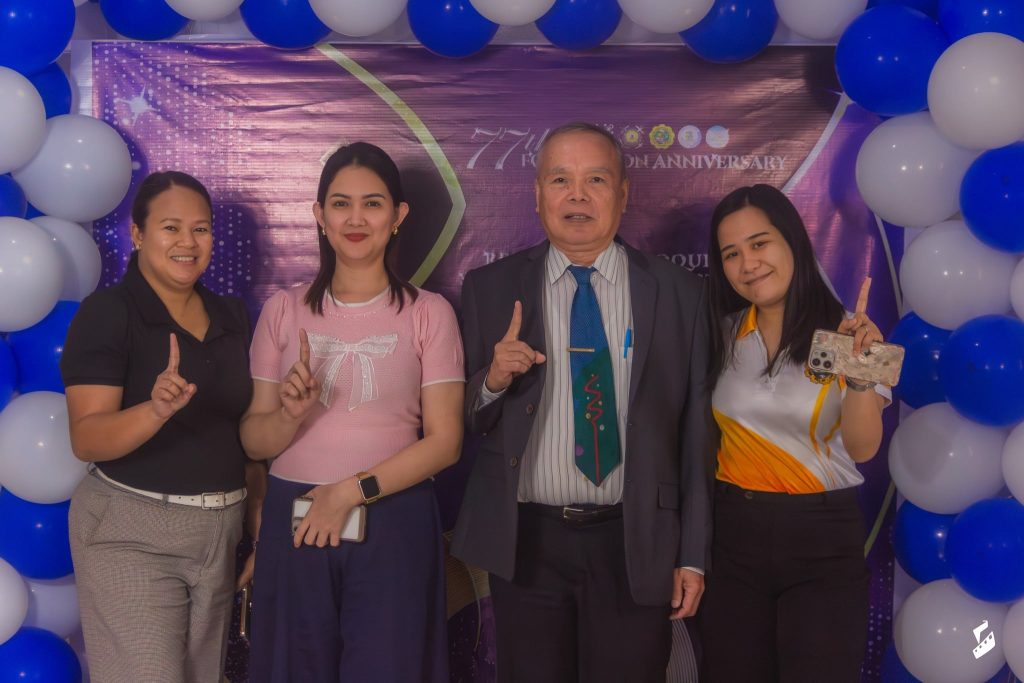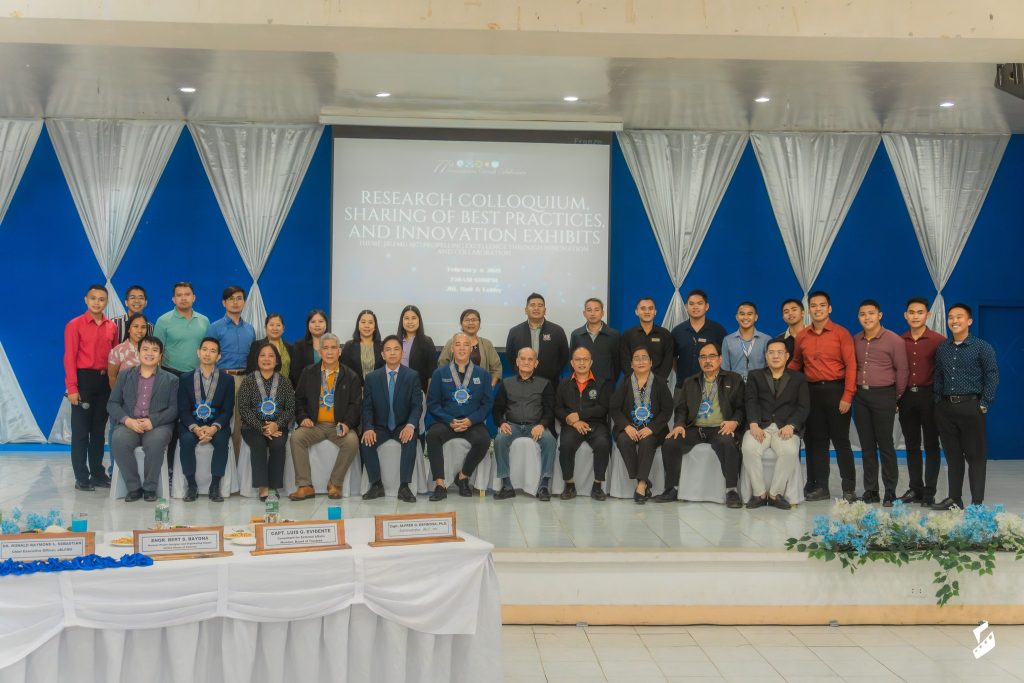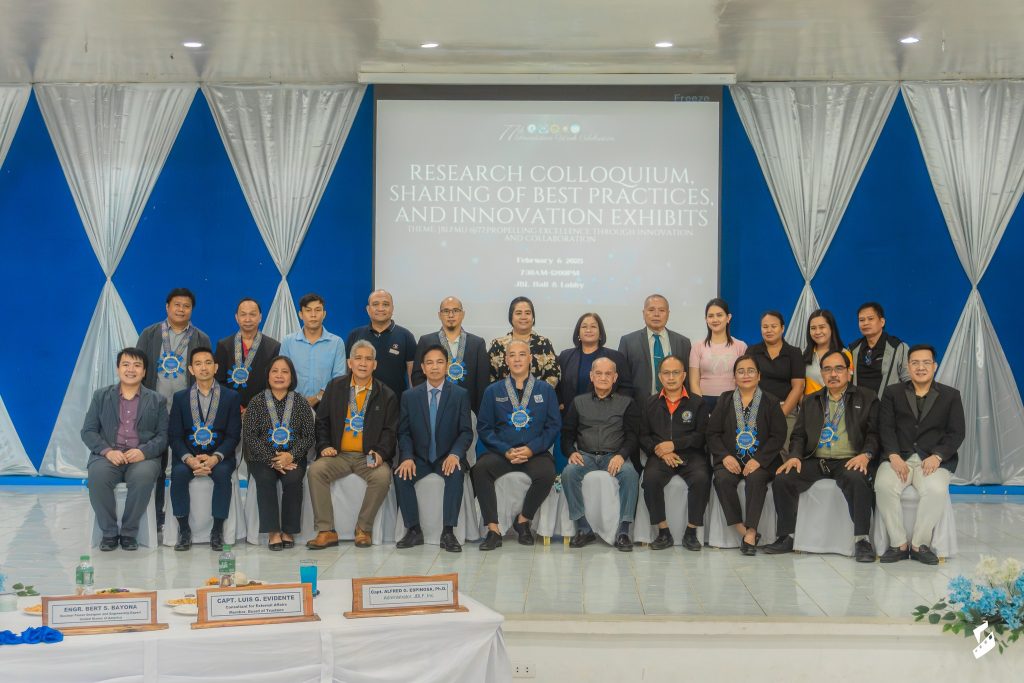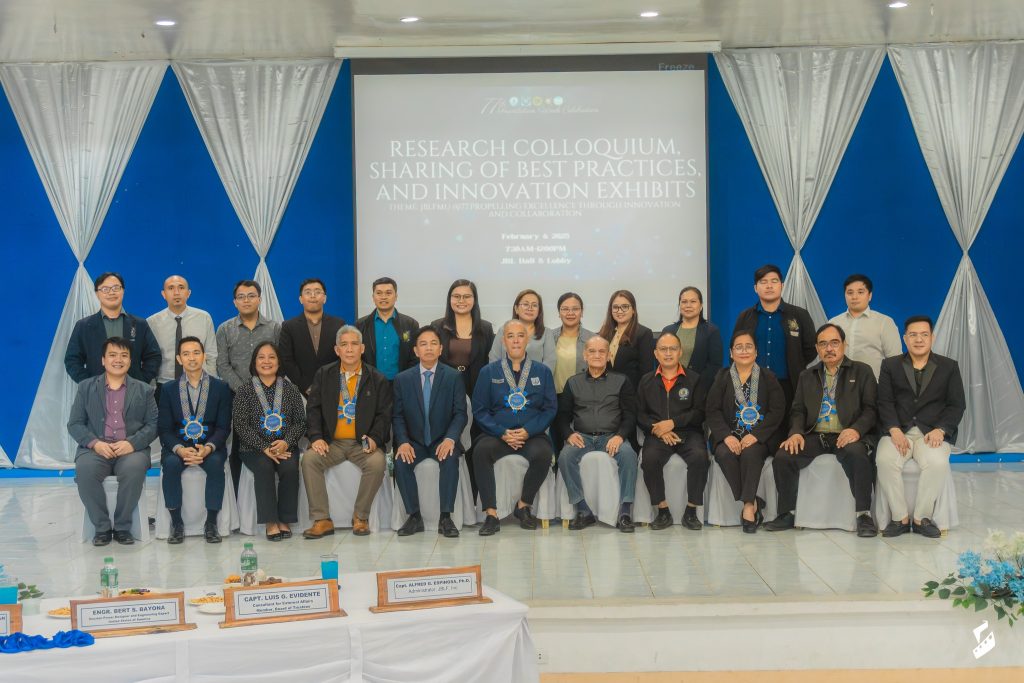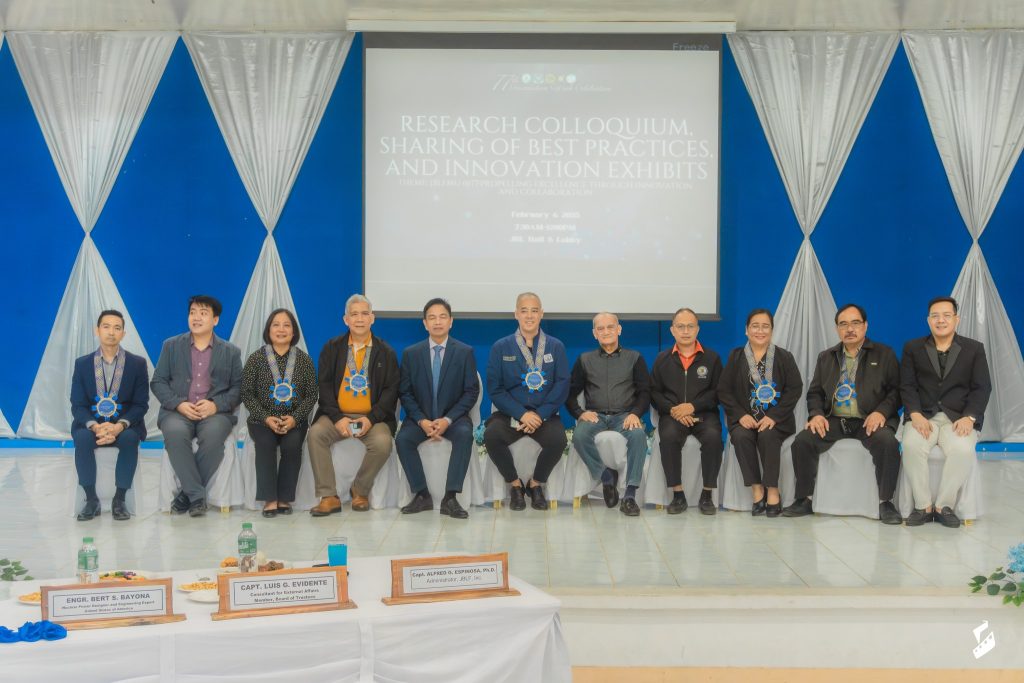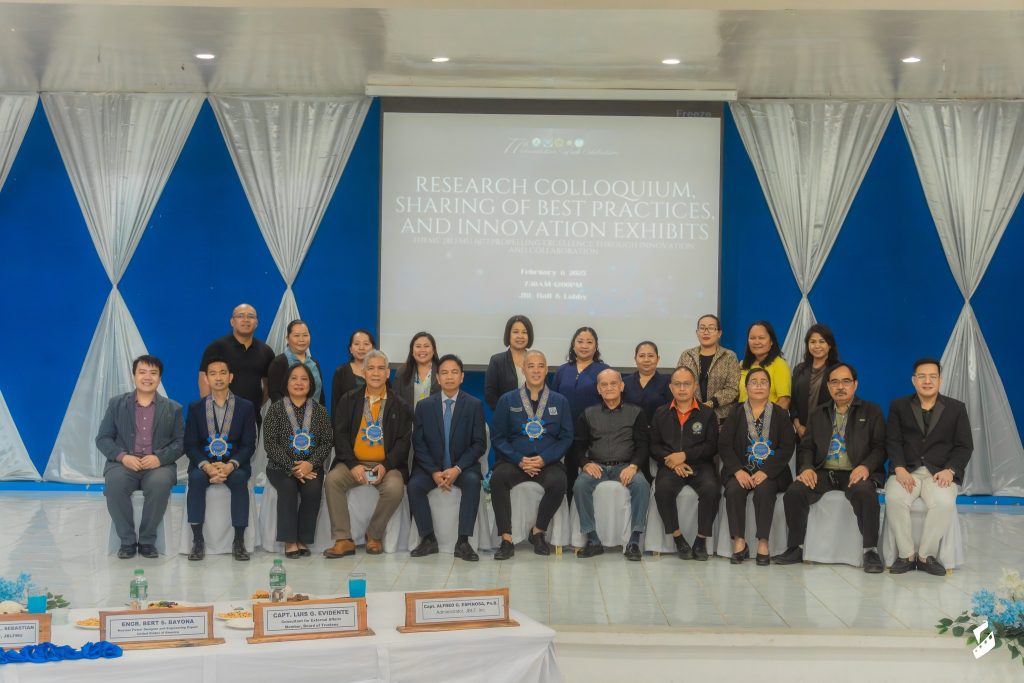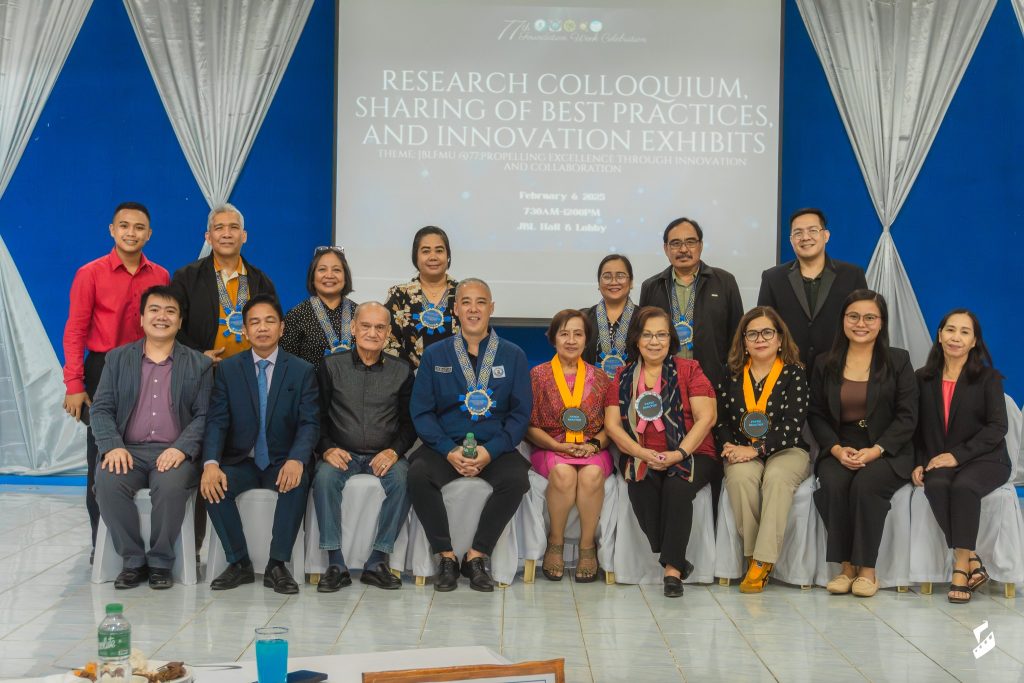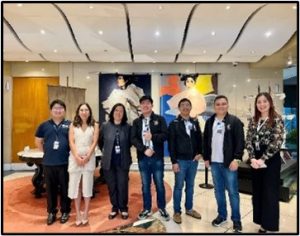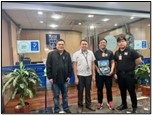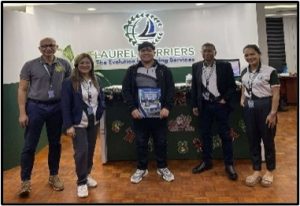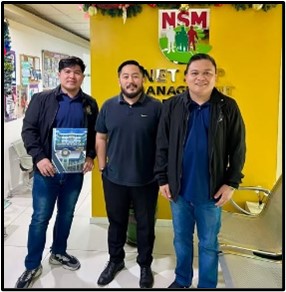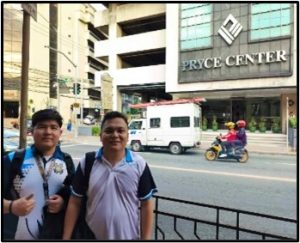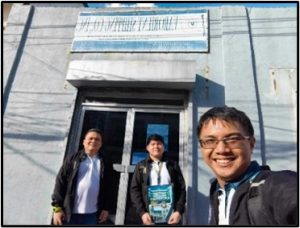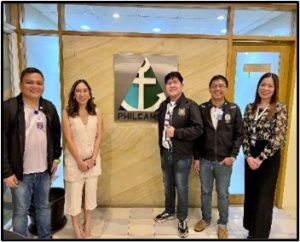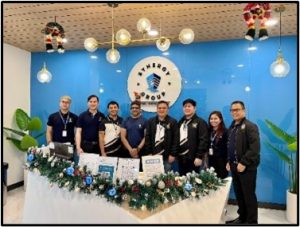In an effort to elevate academic research and strengthen its position in global rankings, John B. Lacson Colleges Foundation-Bacolod Research and Development Center conducted a two-day writing workshop aimed at guiding its core group of authors toward Scopus-indexed publication, an innovative strategy to help propel JBLFMU toward another milestone as a university. Held on March 18-19, 2025, at the MLA Conference Room, the workshop highlighted the importance of publishing high-quality research and addressed the challenges researchers encounter when preparing manuscripts for prestigious journals.




The workshop began with an exploration of the motivations behind academic publishing, emphasizing its role in career advancement, knowledge dissemination, and institutional prestige. Participants were reminded that successful publications contribute to JBLFMU’s aspiration to attain higher university rankings while addressing critical hypotheses and providing evidence-based insights.

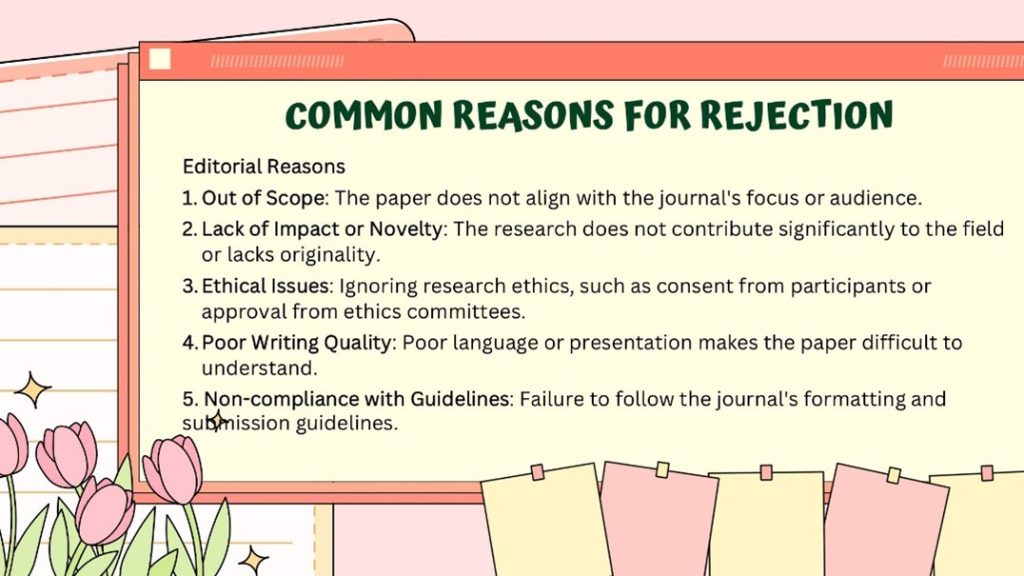
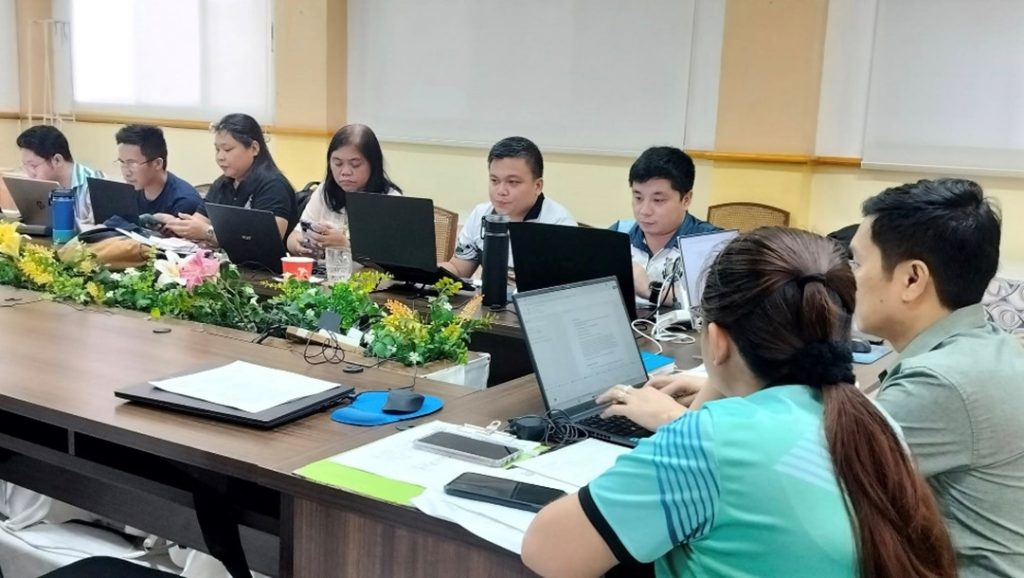
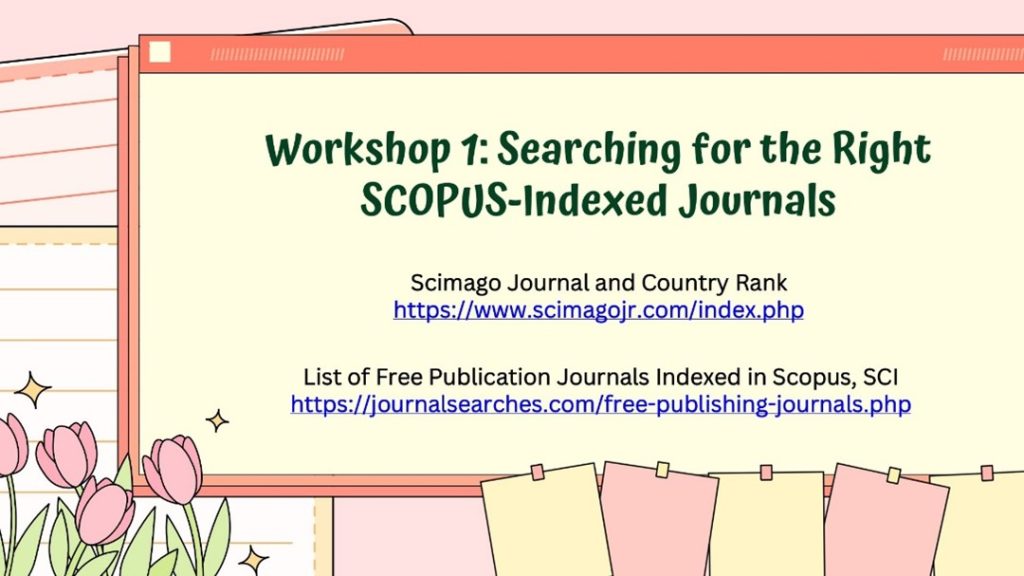

A significant portion of the workshop focused on understanding why manuscripts are often rejected. The facilitator outlined both editorial and technical reasons for rejection, such as lack of novelty, ethical issues, methodological flaws, and poor writing quality. Researchers were encouraged to view rejection as an opportunity for improvement rather than a setback. Practical advice was provided on how to respond constructively to reviewers’ feedback and refine submissions.



The workshop featured several interactive sessions designed to equip participants with practical skills:
- Searching for Journals: Participants learned how to identify suitable Scopus-indexed journals using platforms like Scimago Journal Rank and free publication databases. Factors such as journal scope, audience, impact factor, and acceptance rates were discussed.
- Manuscript Preparation: Authors were guided through the process of structuring their papers according to journal guidelines, with particular focus on organizing results and discussions effectively.
- Proofreading and Final Editing: The final phase of manuscript preparation included scanning for errors, ensuring compliance with formatting requirements, and polishing language for clarity.
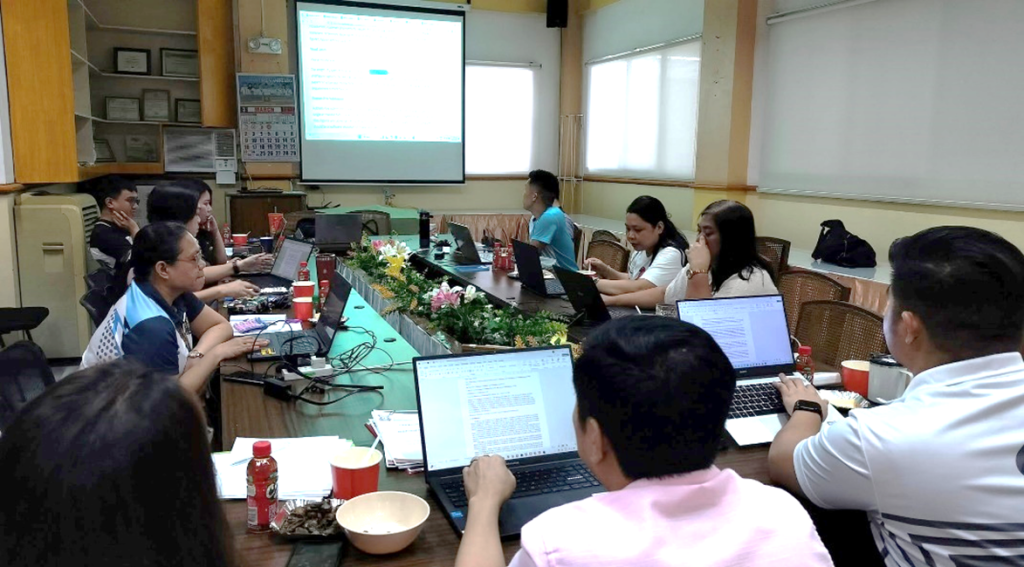
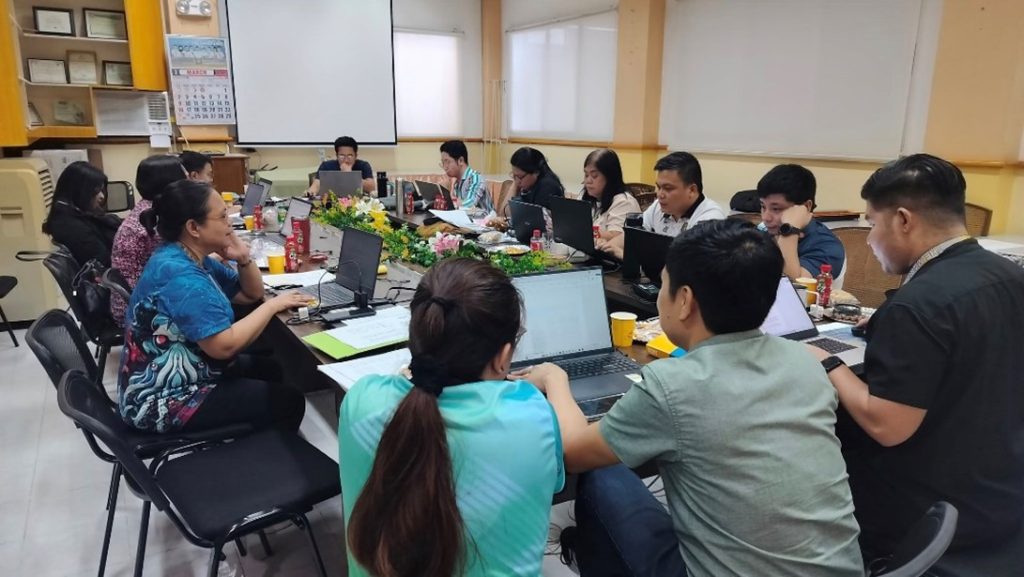
The workshop concluded with a roadmap outlining the submission, revision, and publication process. Participants were encouraged to finalize their manuscripts by April 30, 2025, as part of a collective effort to enhance JBLFMU’s research output.
By equipping its faculty and researchers with the tools necessary to publish in Scopus-indexed journals, JBLCF-Bacolod, one of the academic units of JBLFMU, is taking a significant step toward fostering a culture of academic excellence while contributing valuable insights to the maritime field. As institutions worldwide strive for greater visibility in global research databases, initiatives like this serve as vital platforms for growth and collaboration.
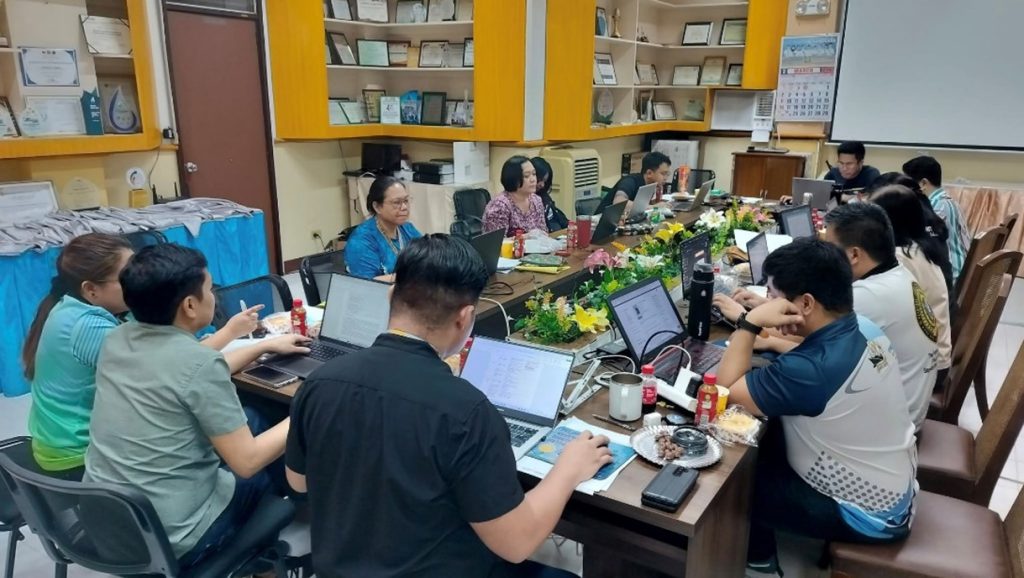
The participants were able to identify potential Scopus-indexed journals where they could submit their research articles for publication. Reflecting on this activity, we are reminded of the power of resilience, innovation, and collective effort. Whether we are exploring new frontiers, overcoming challenges, or celebrating achievements, the path forward is always illuminated by the potential for growth and transformation. By embracing our passions, fostering creativity, and supporting one another, we can unlock a brighter future filled with endless possibilities.
